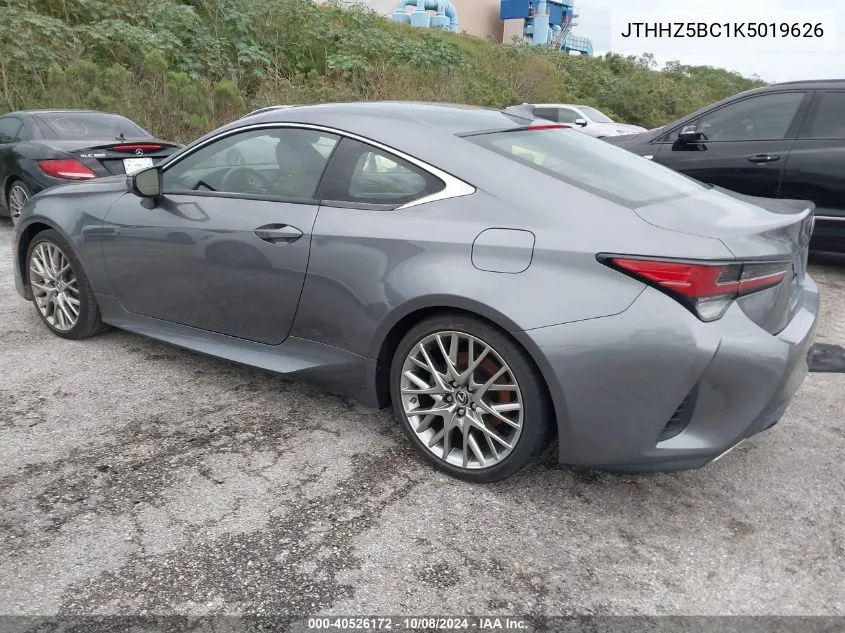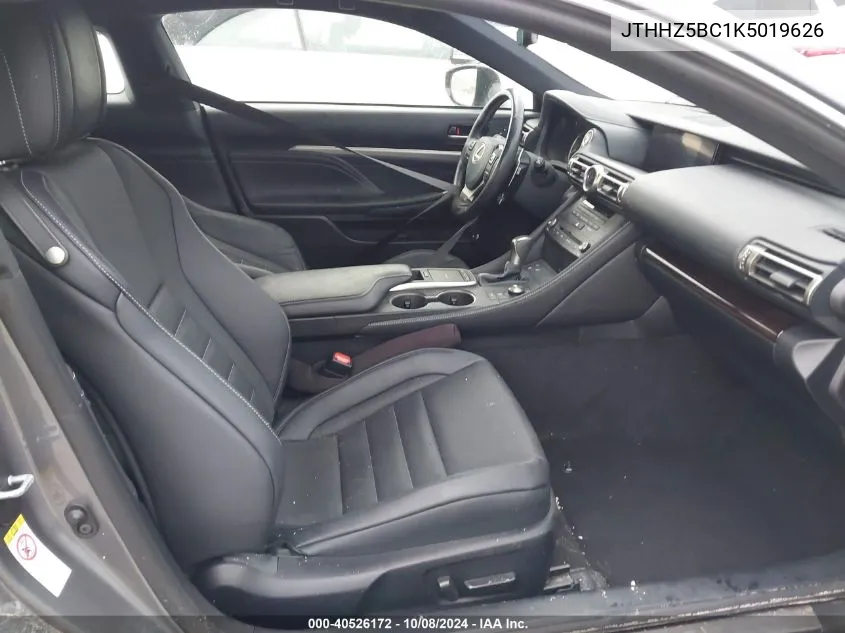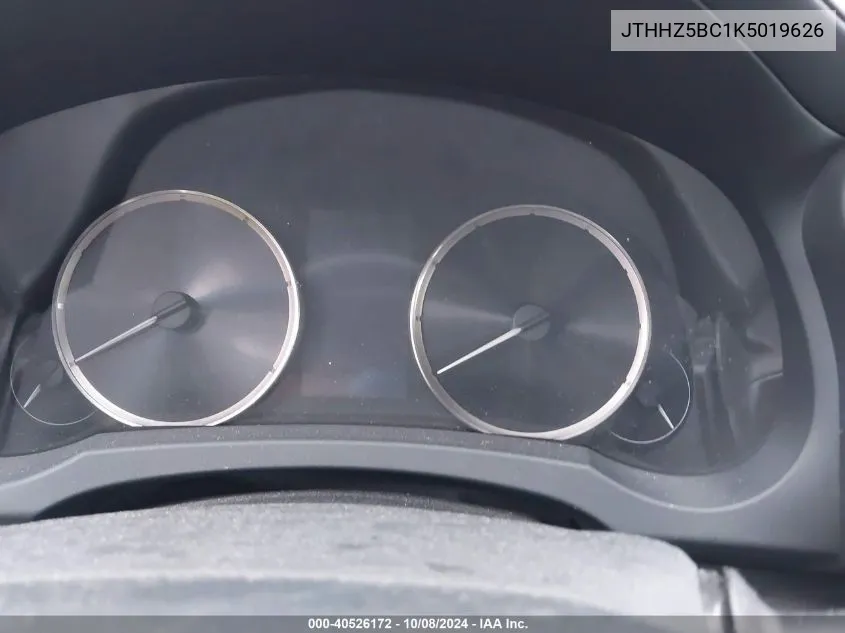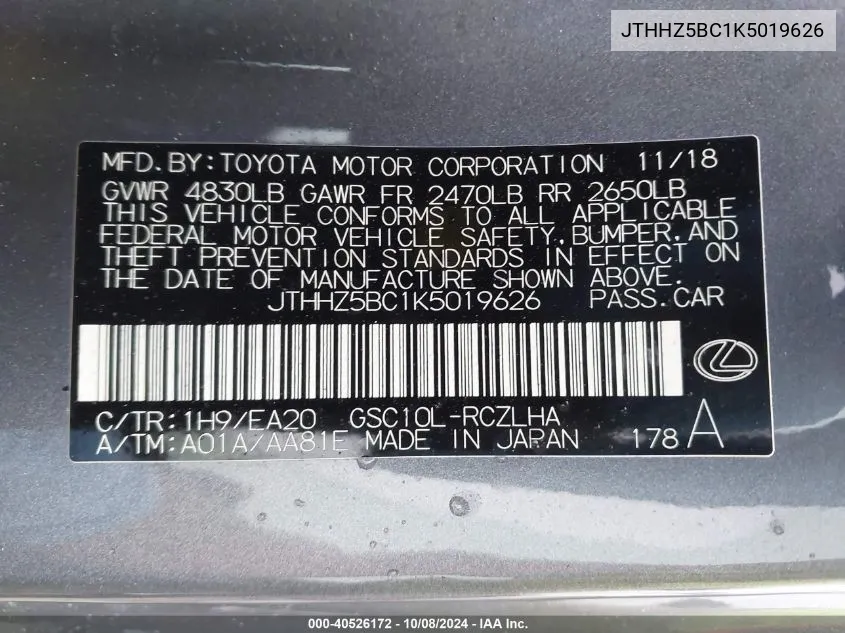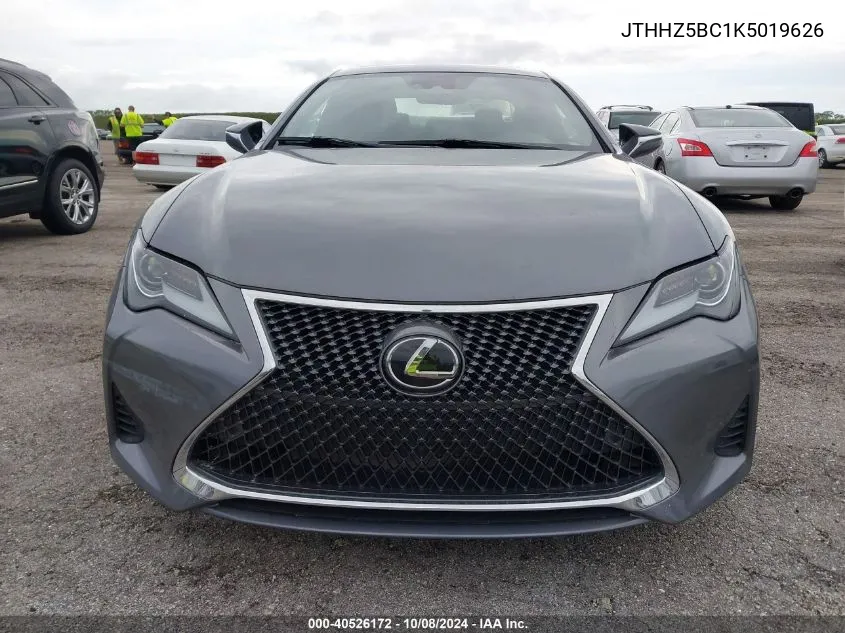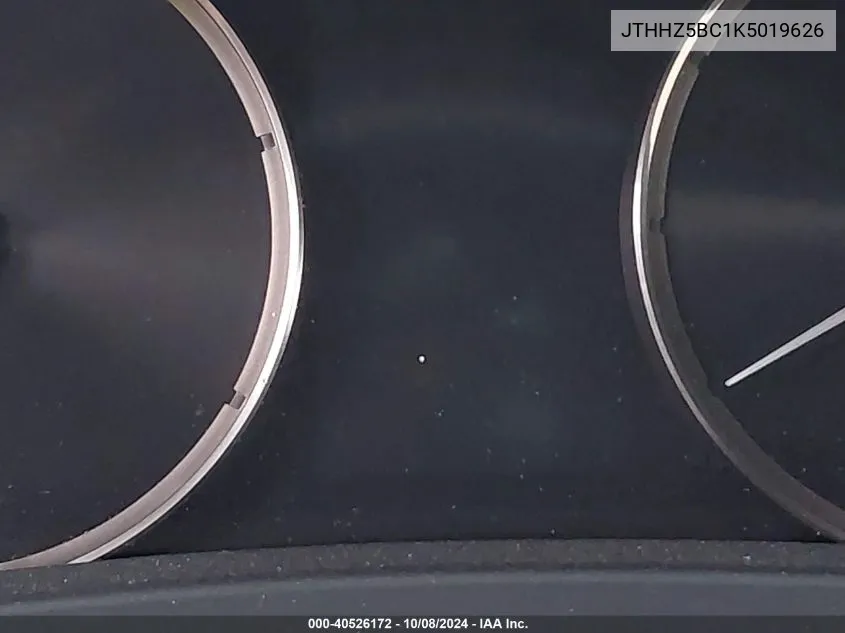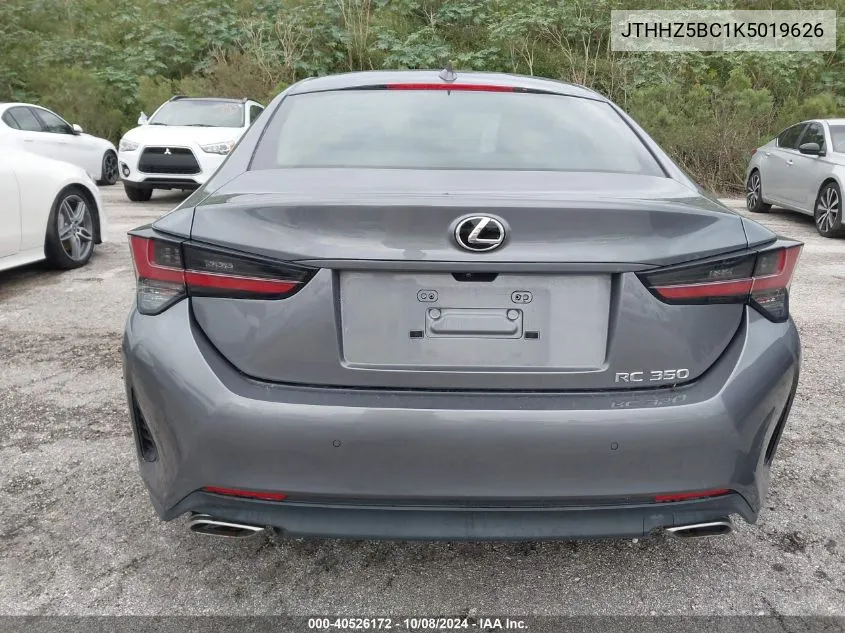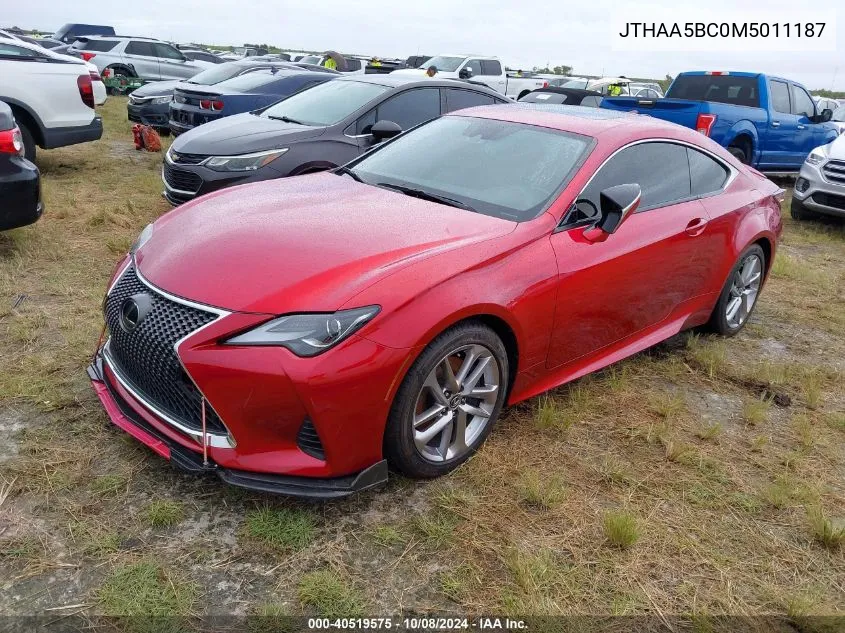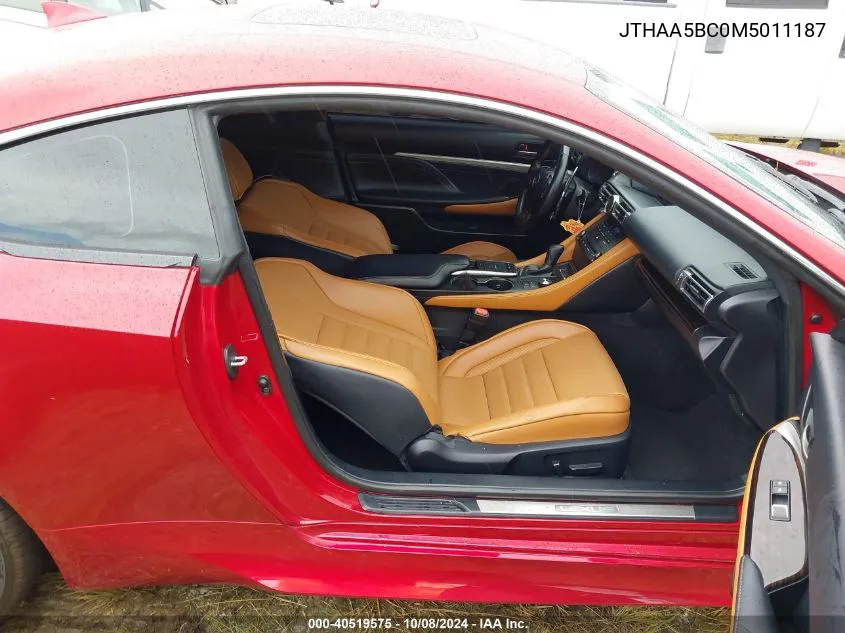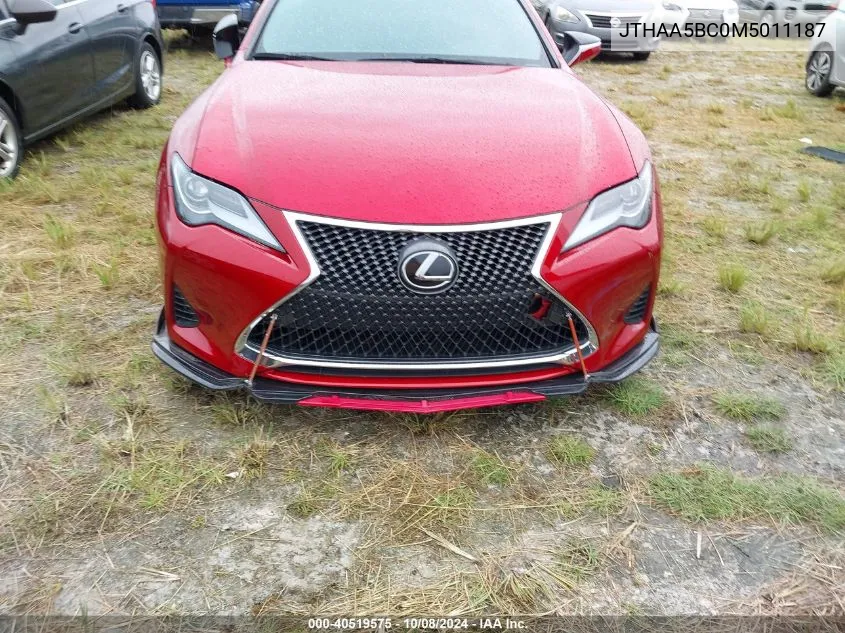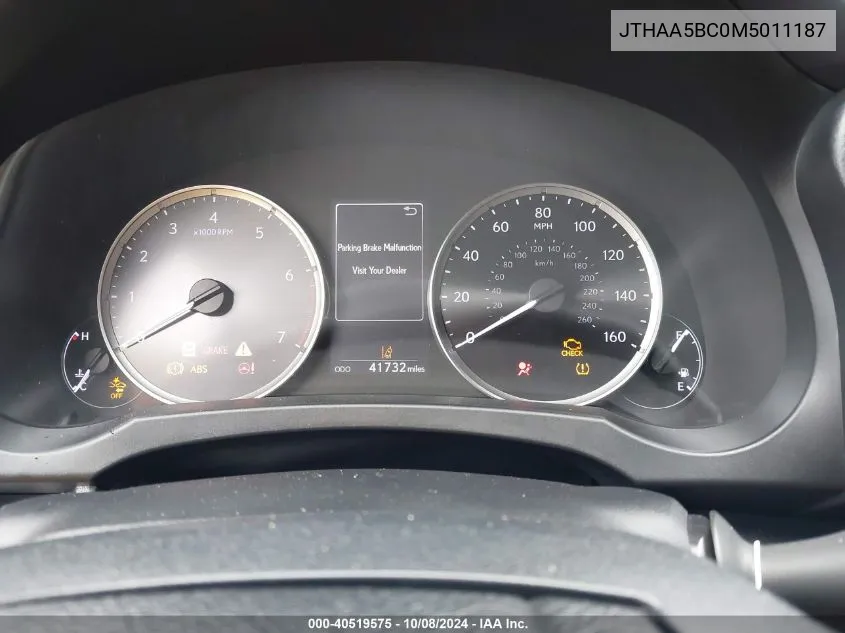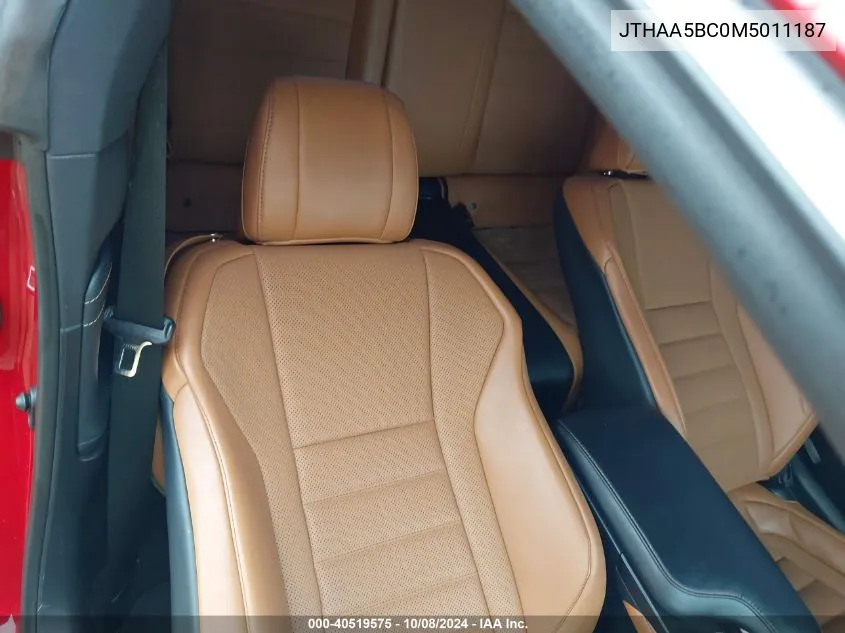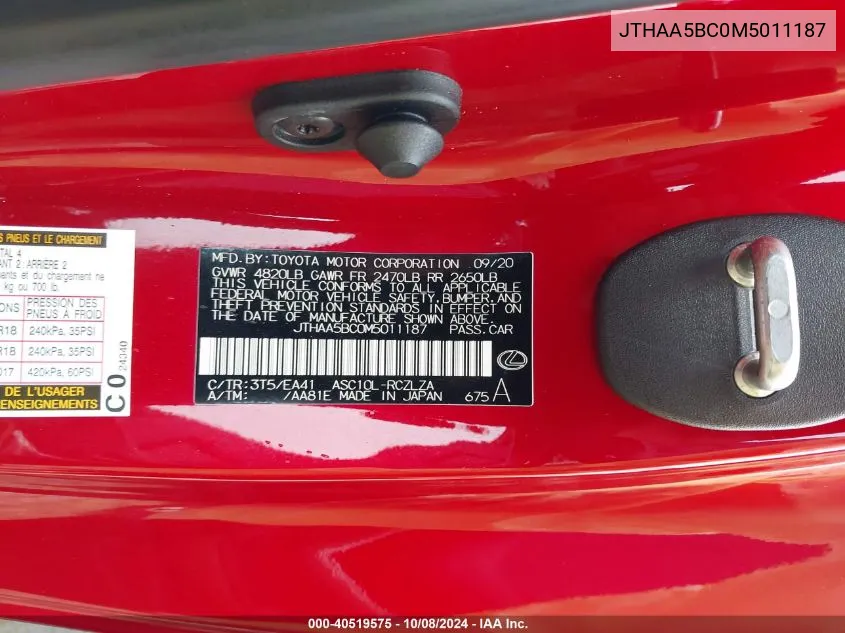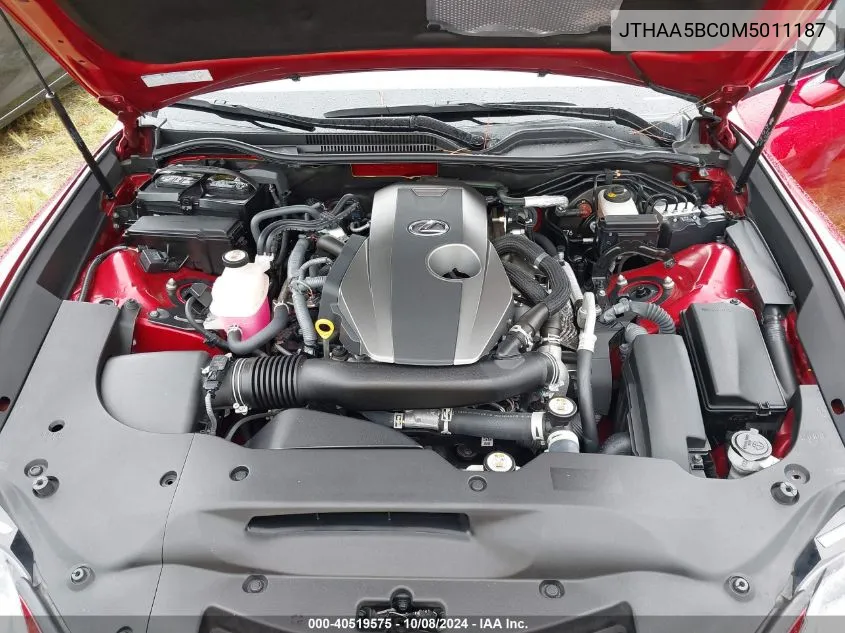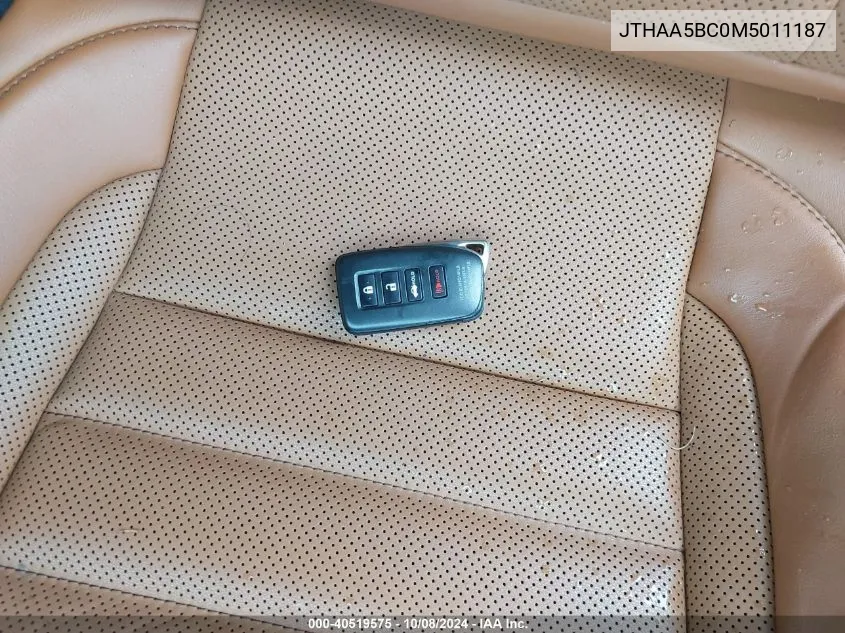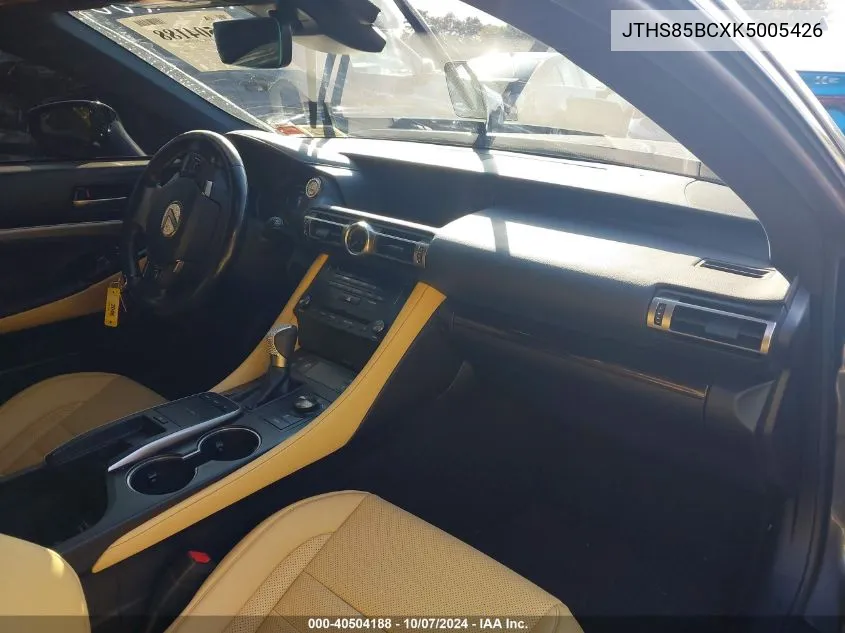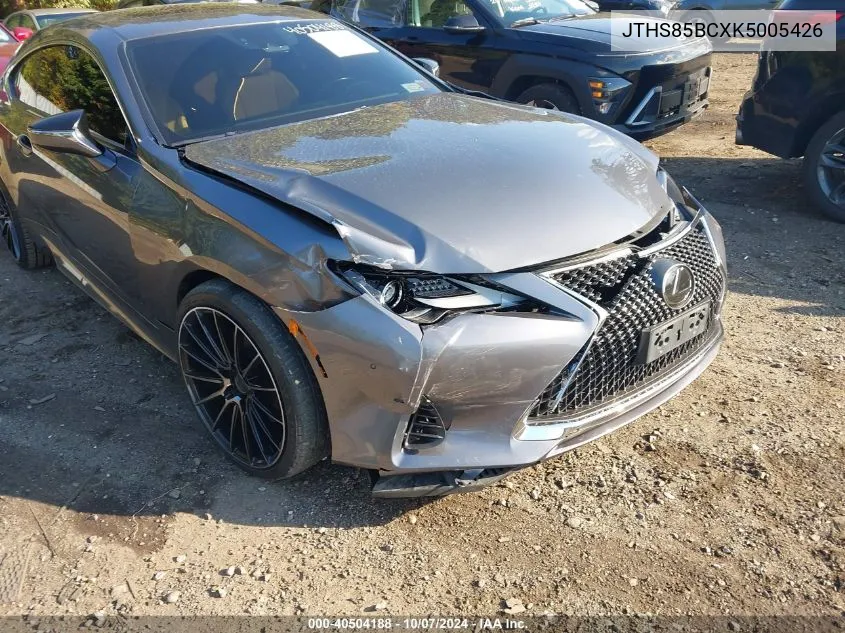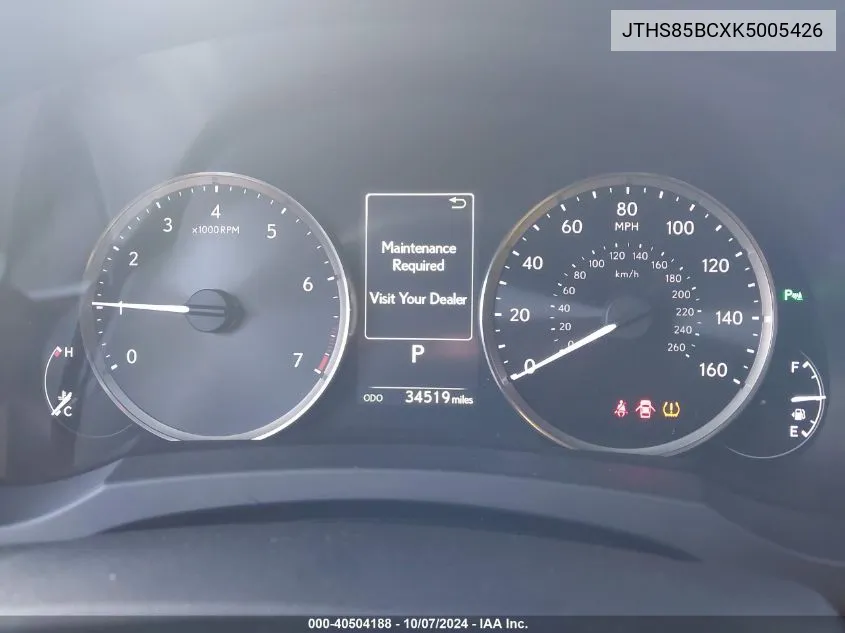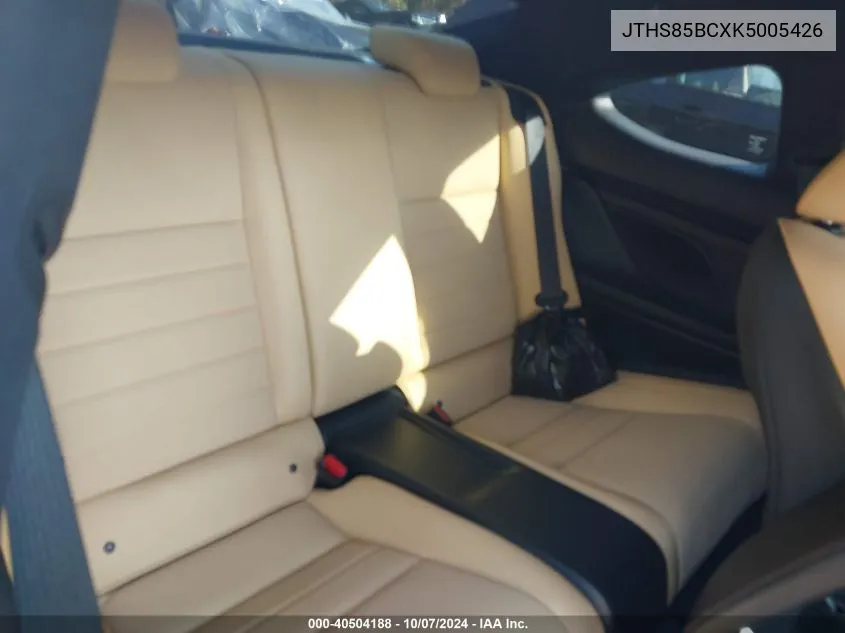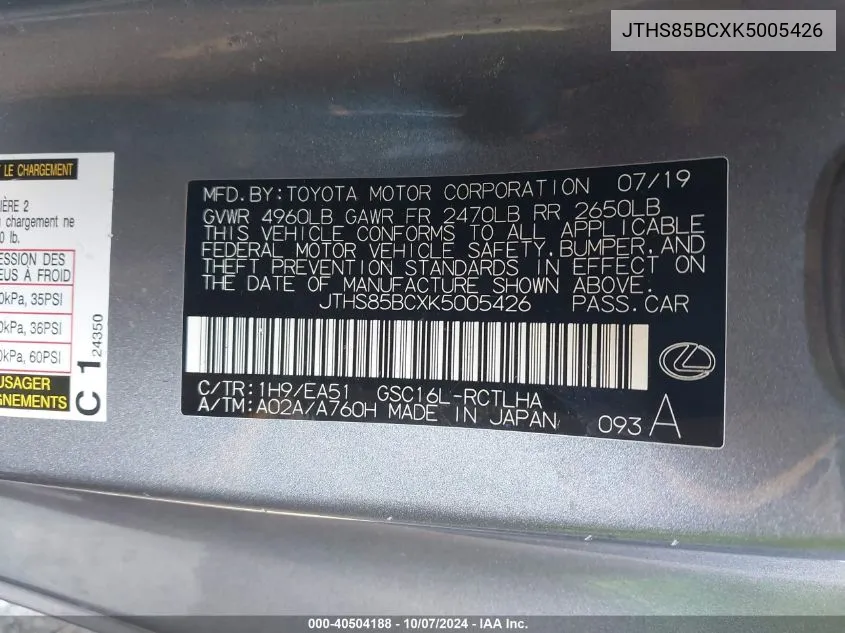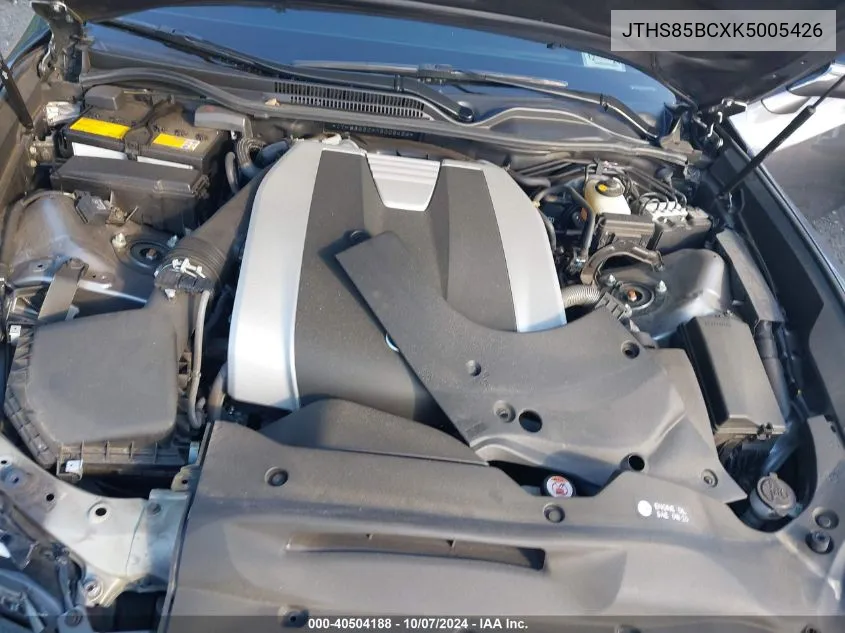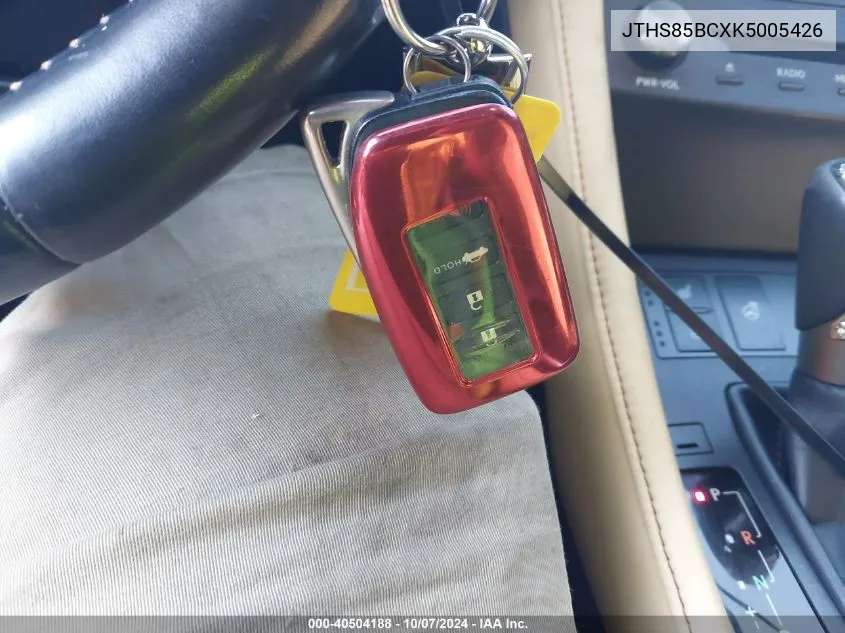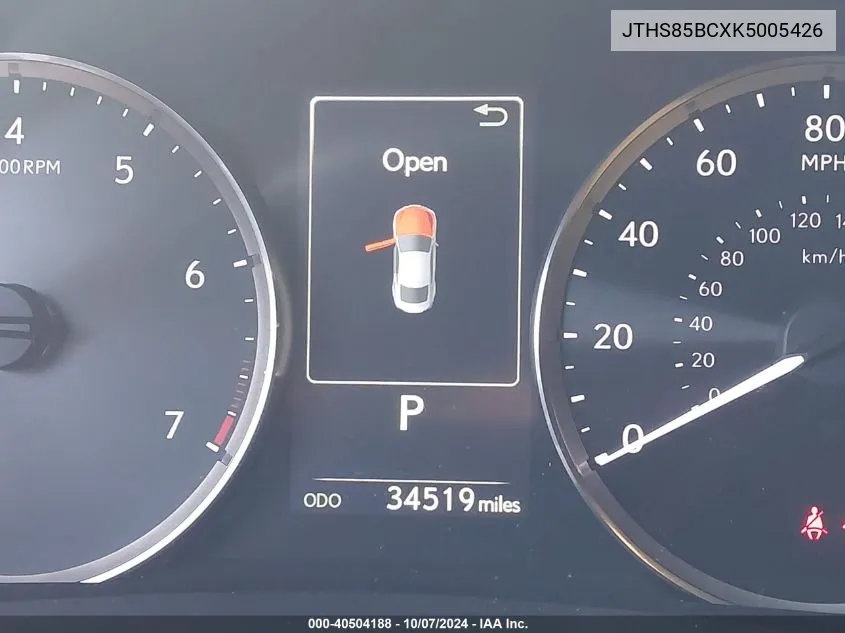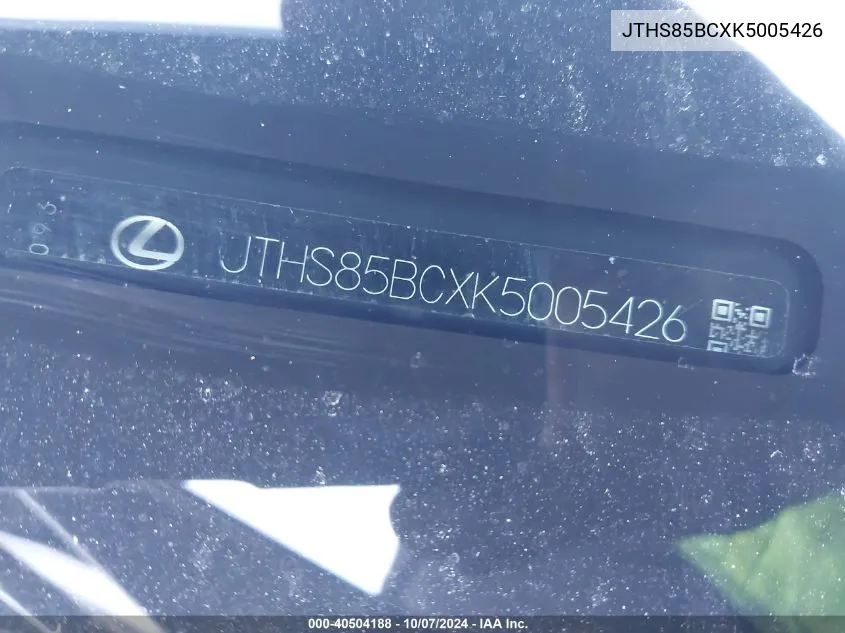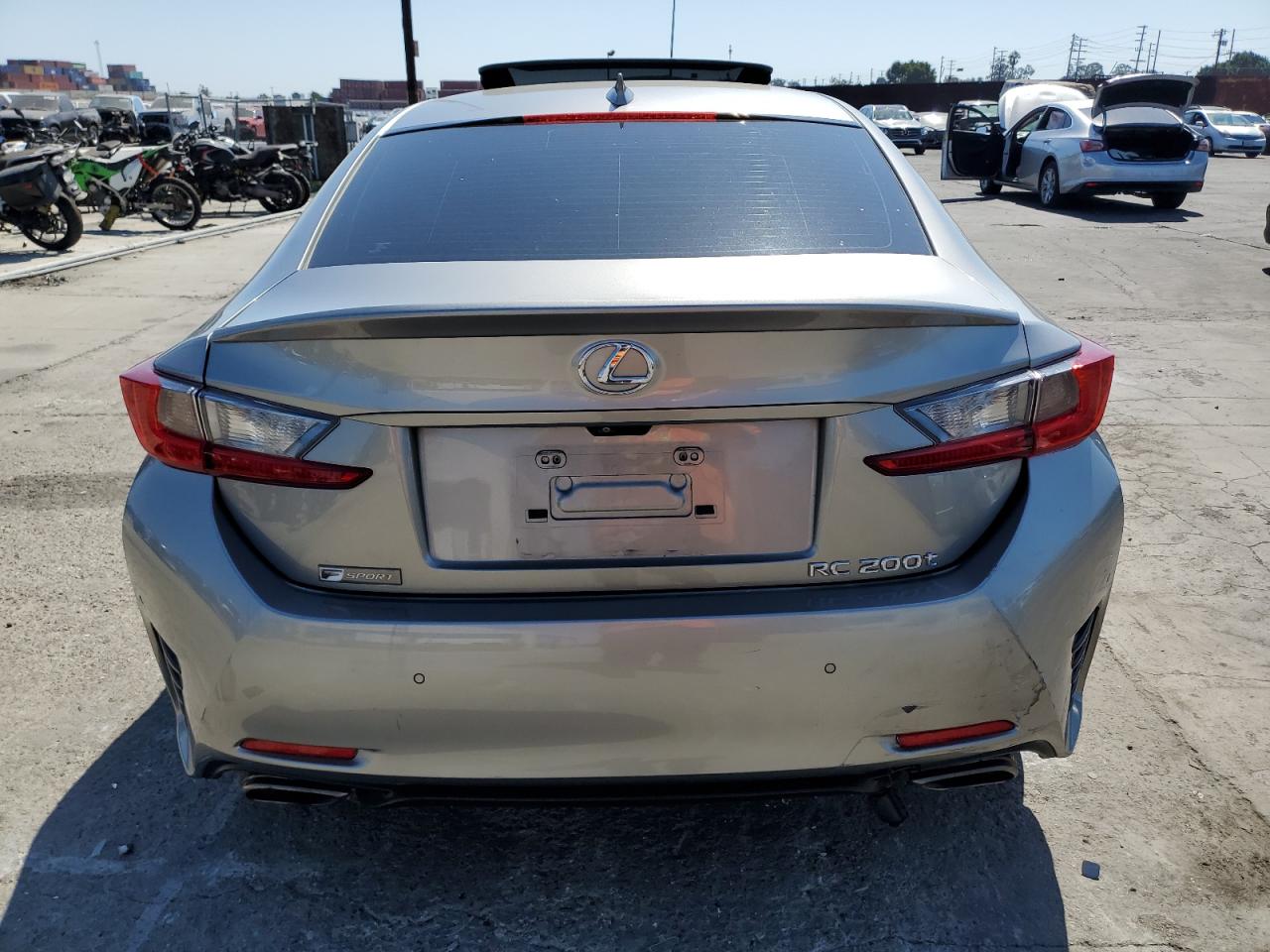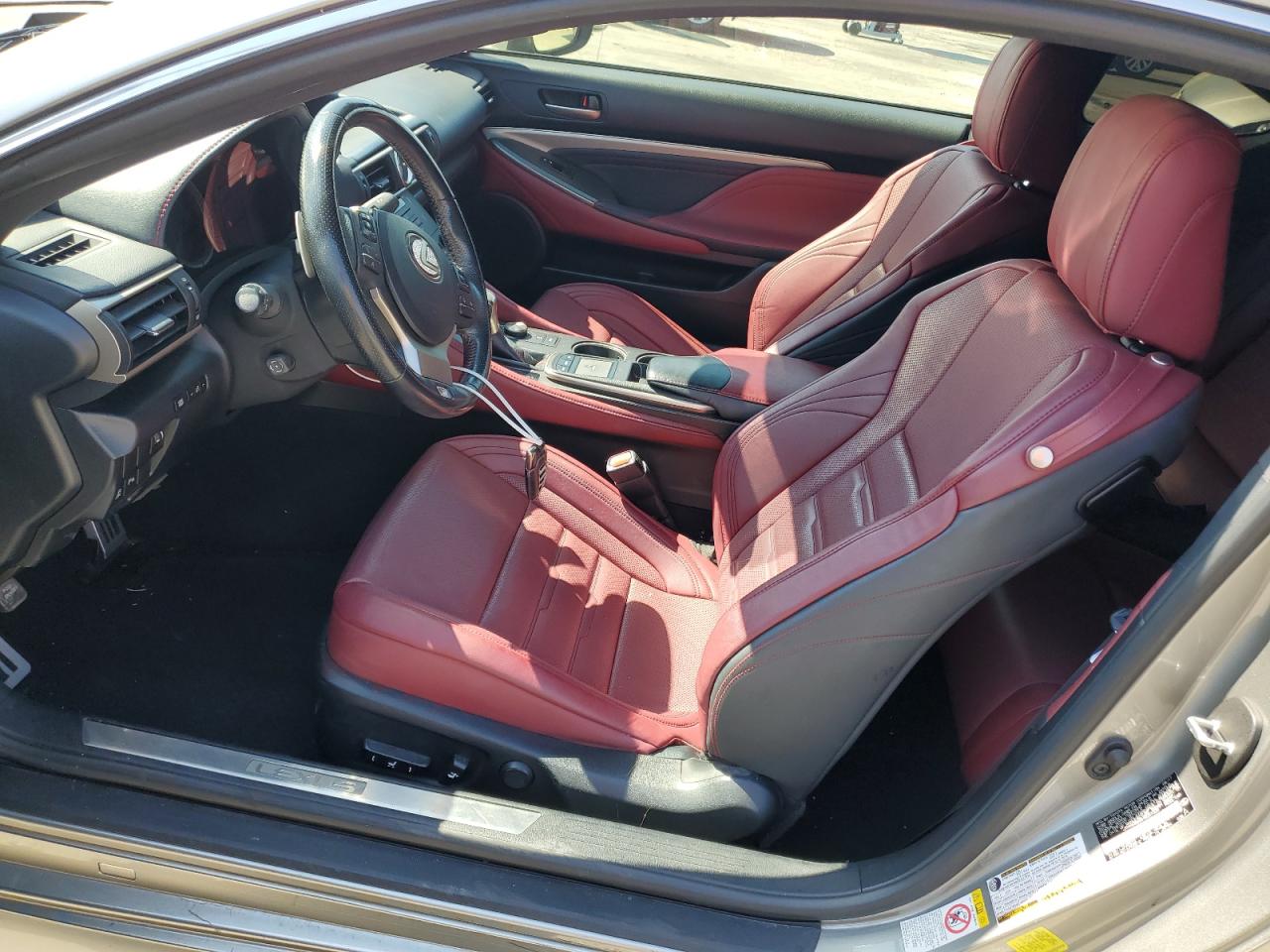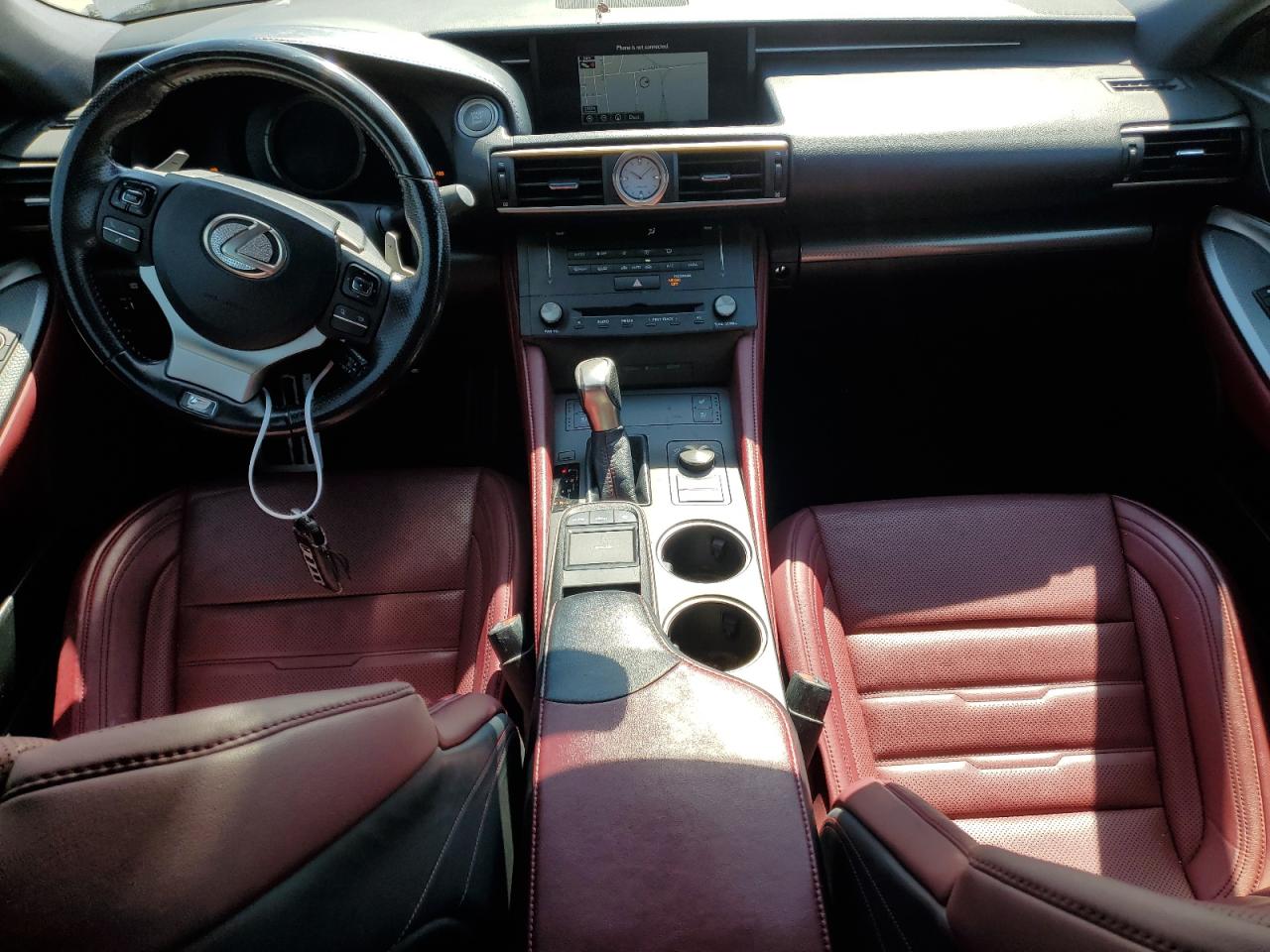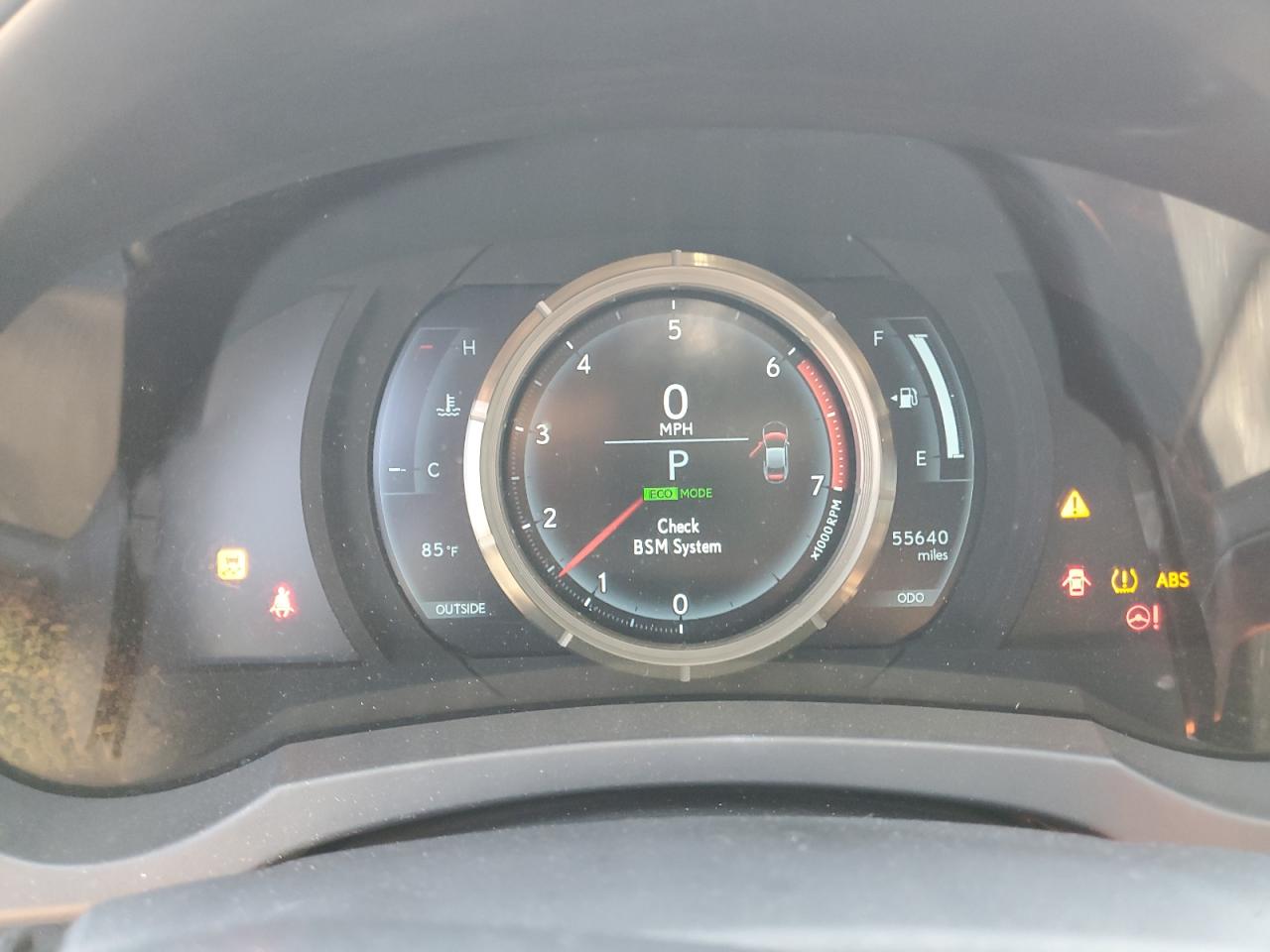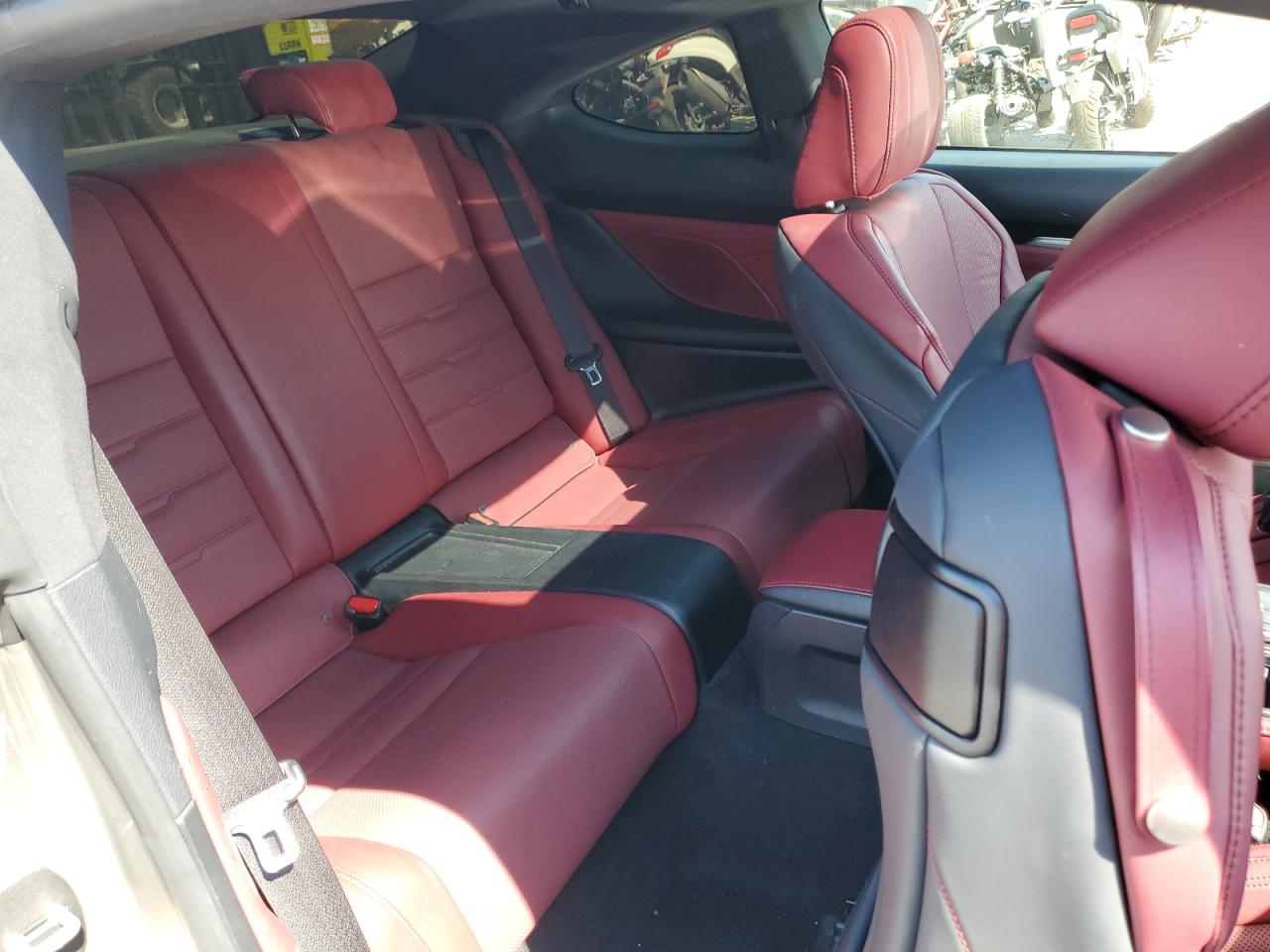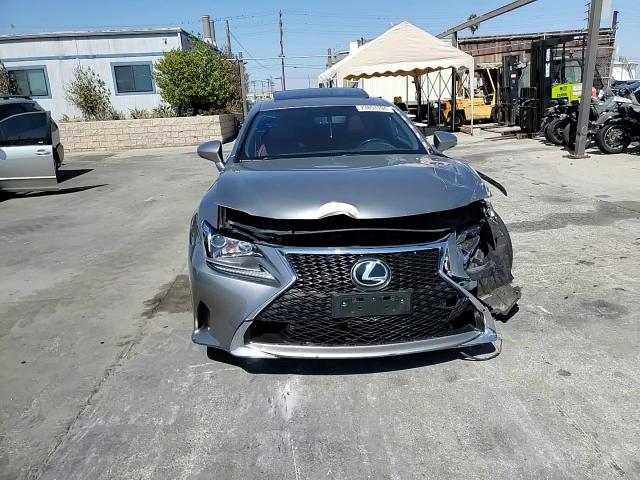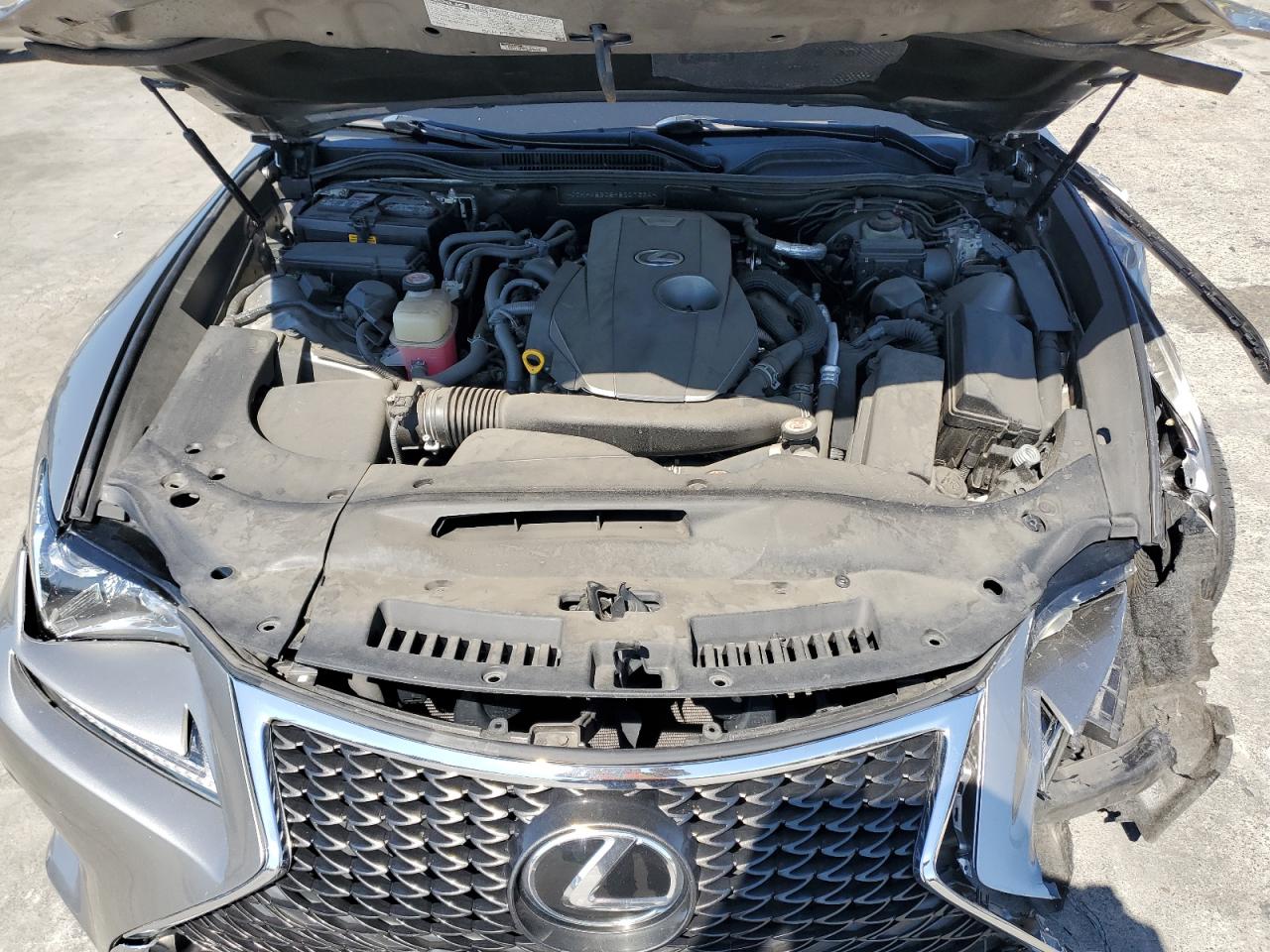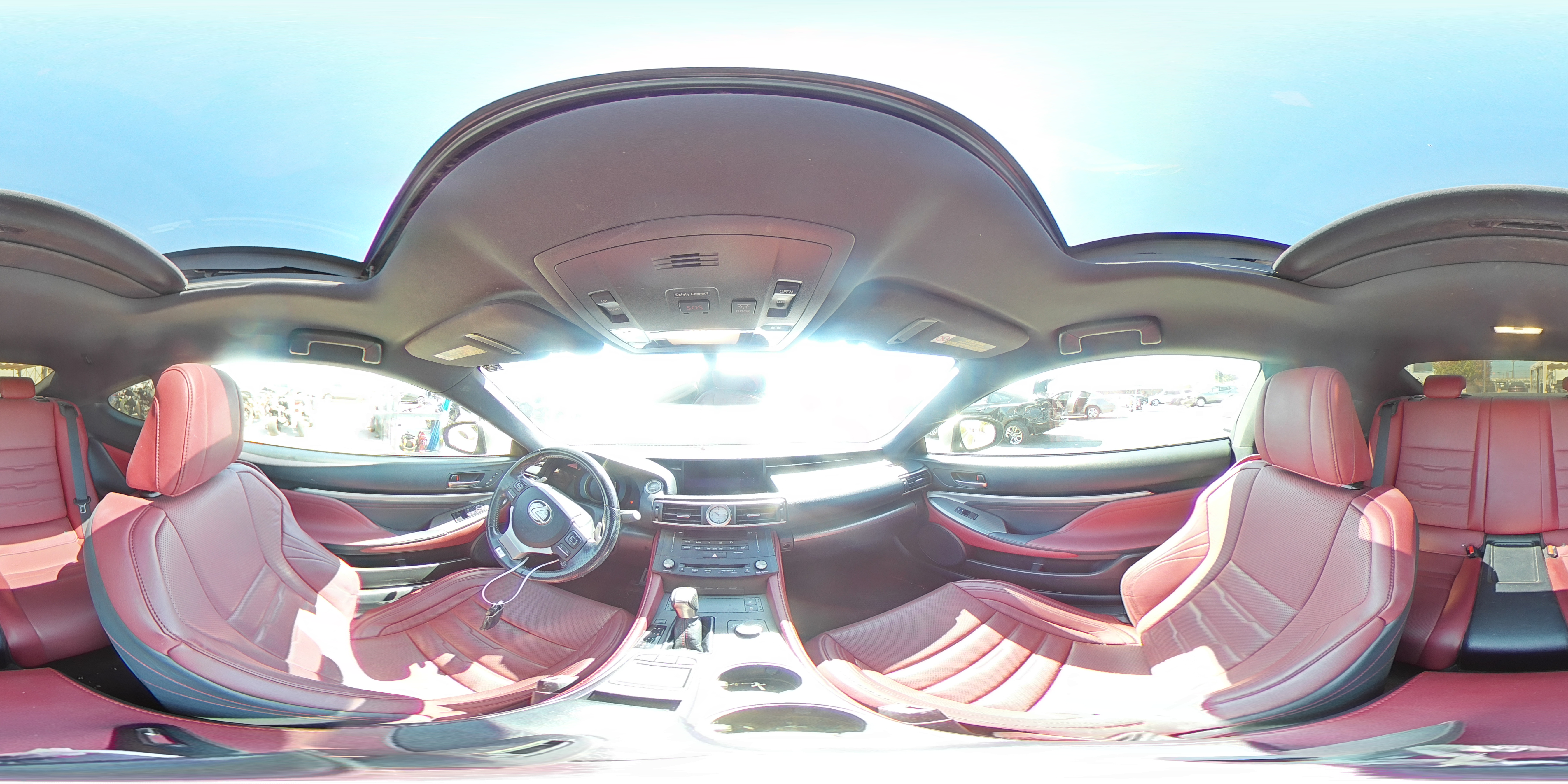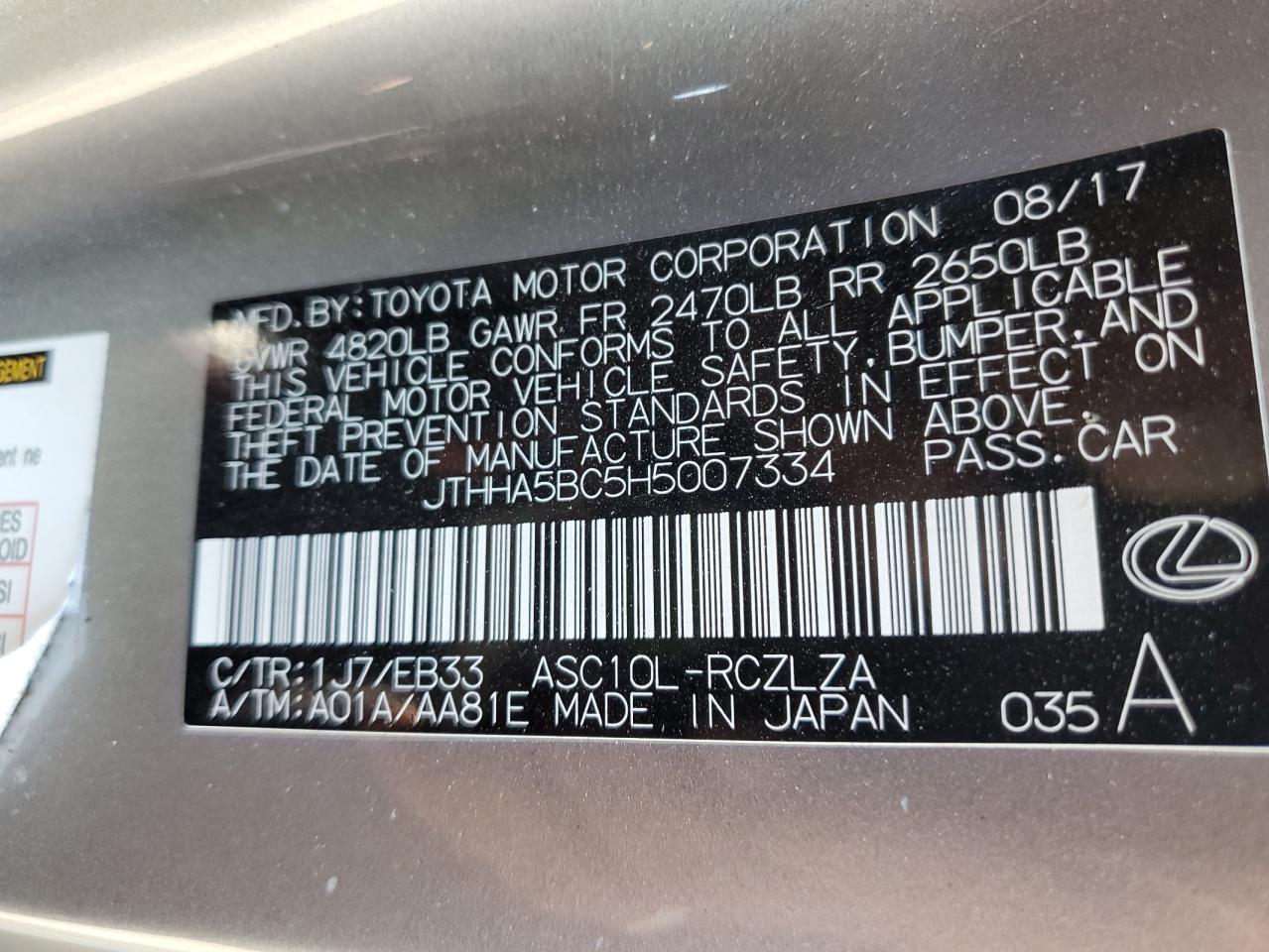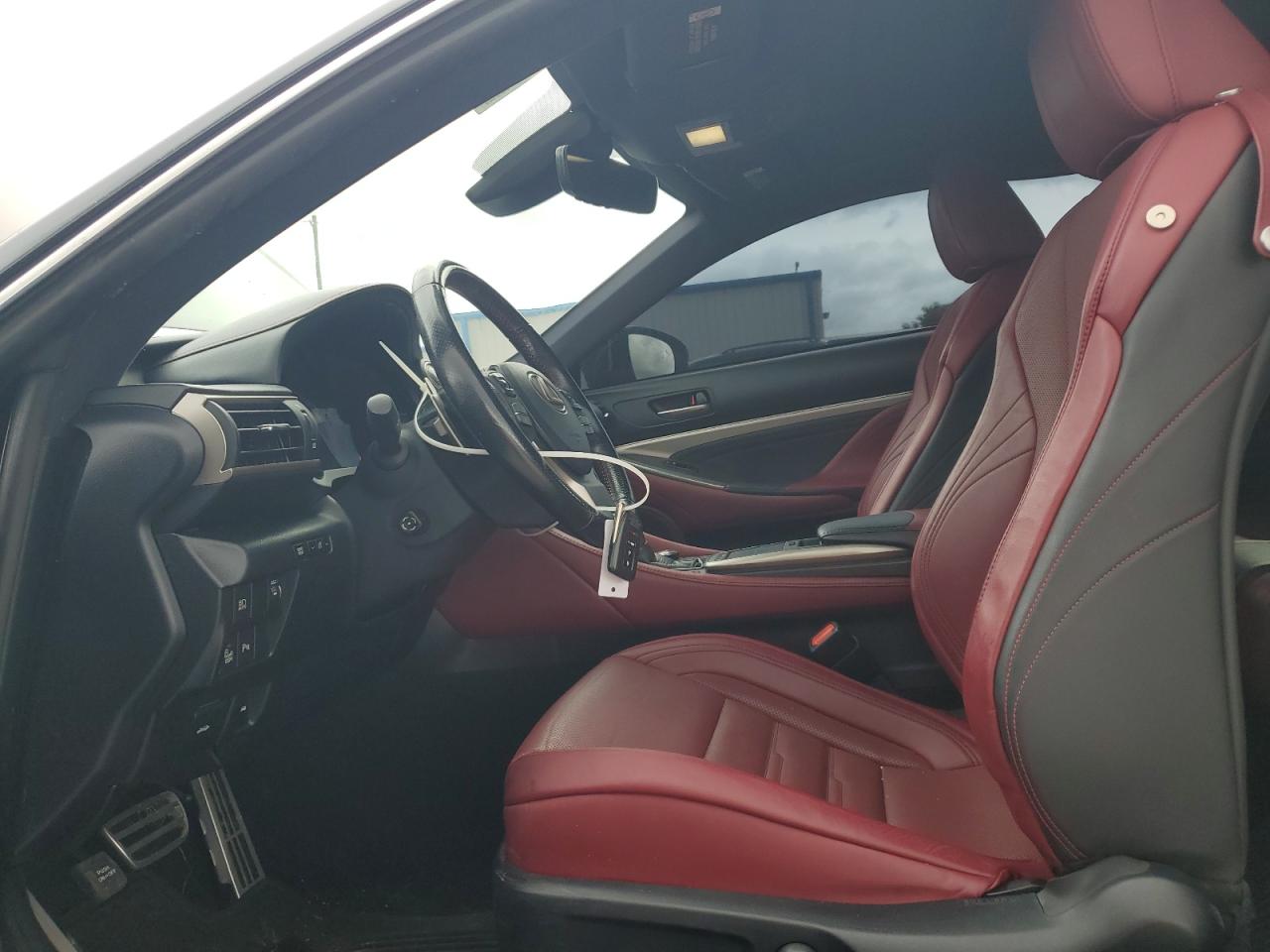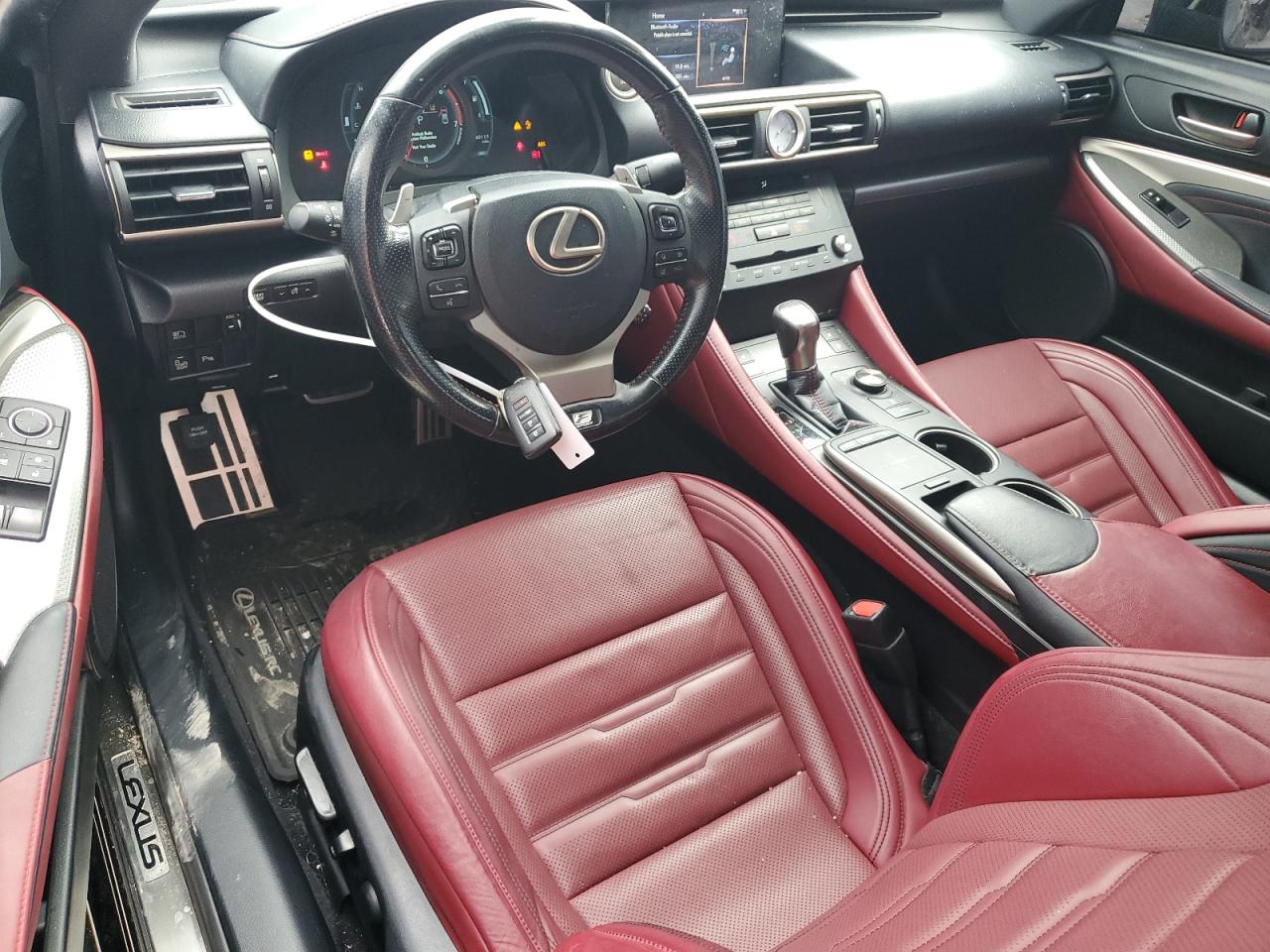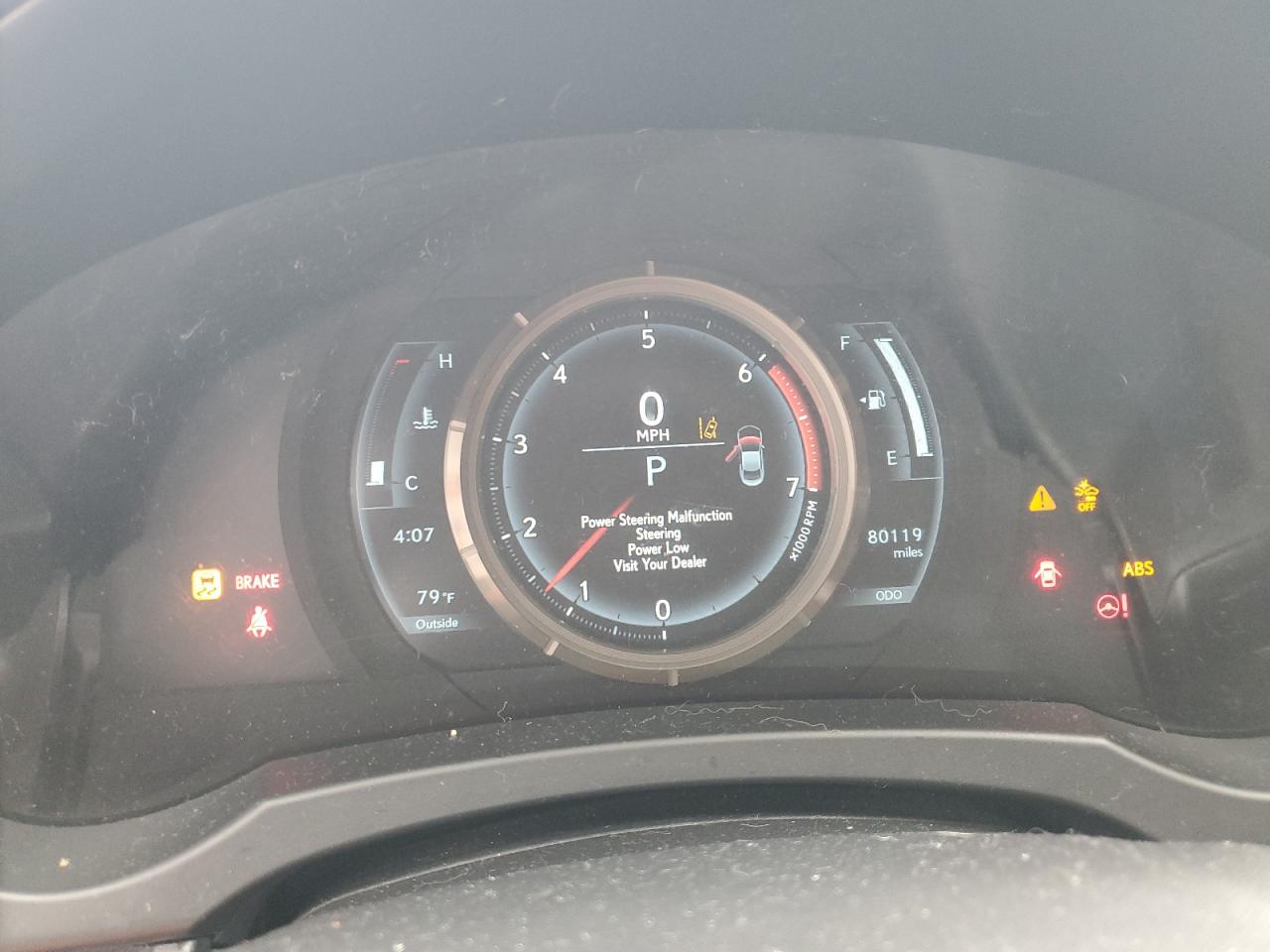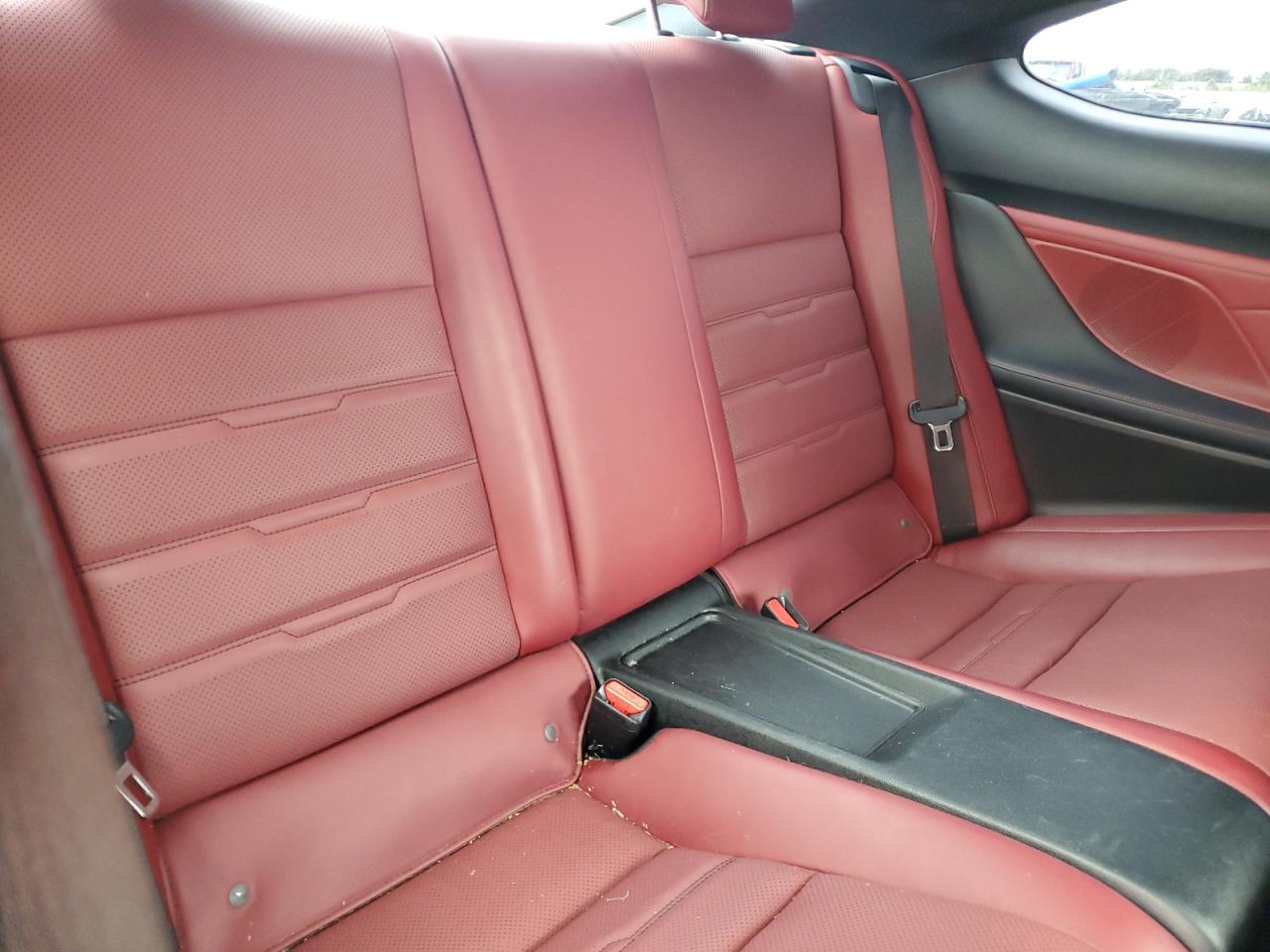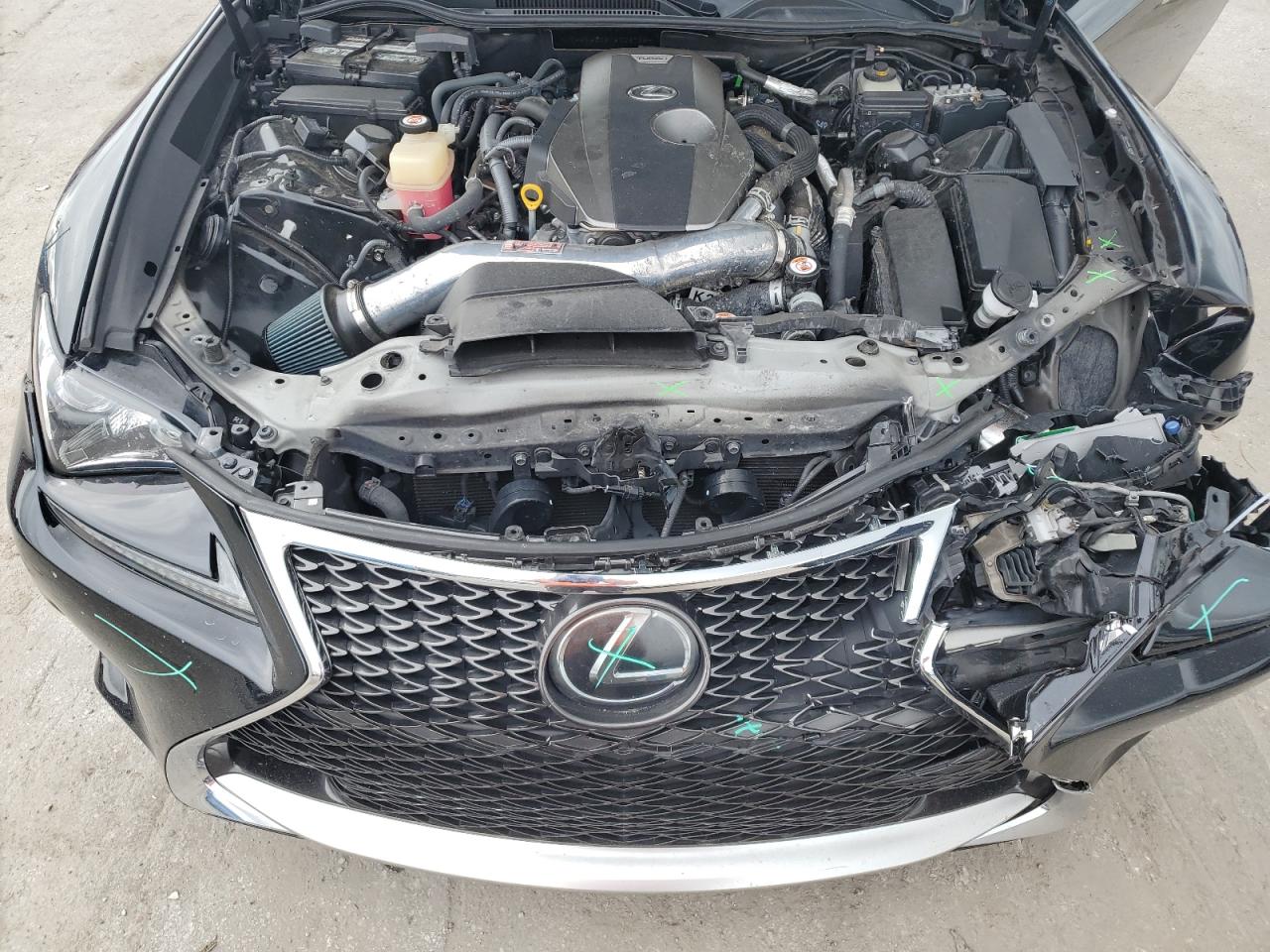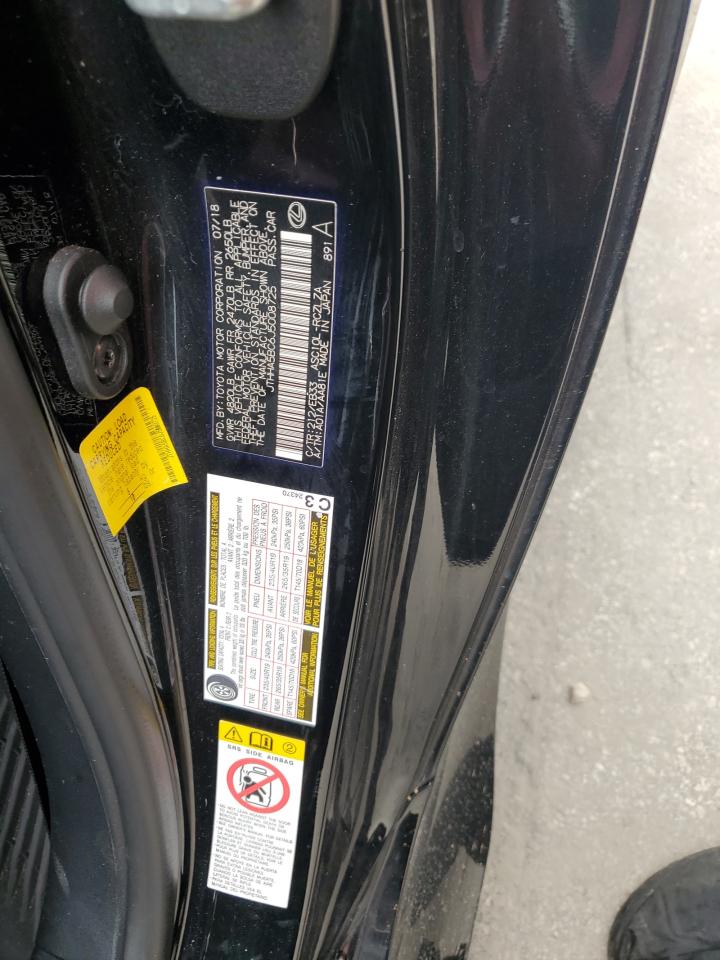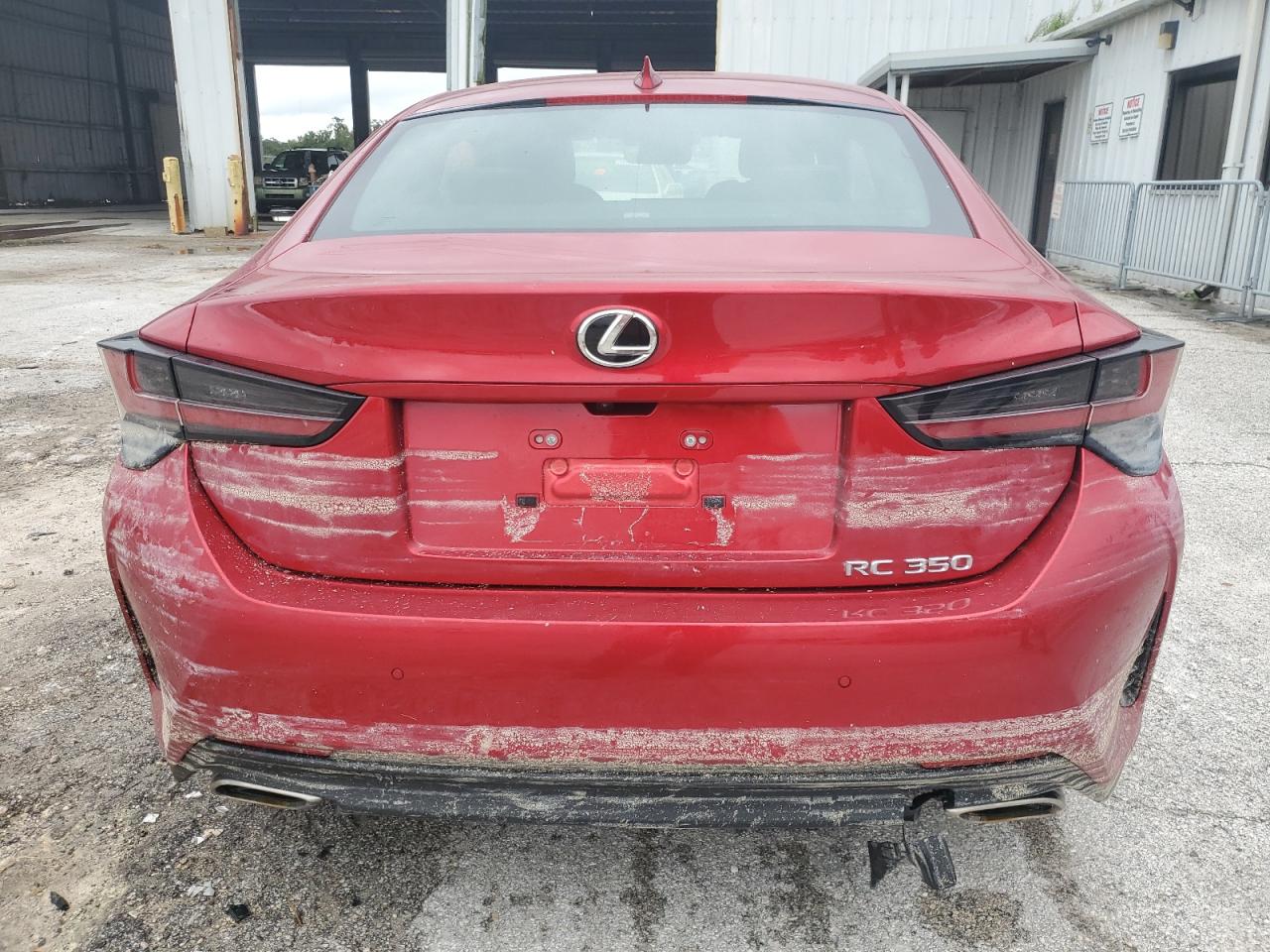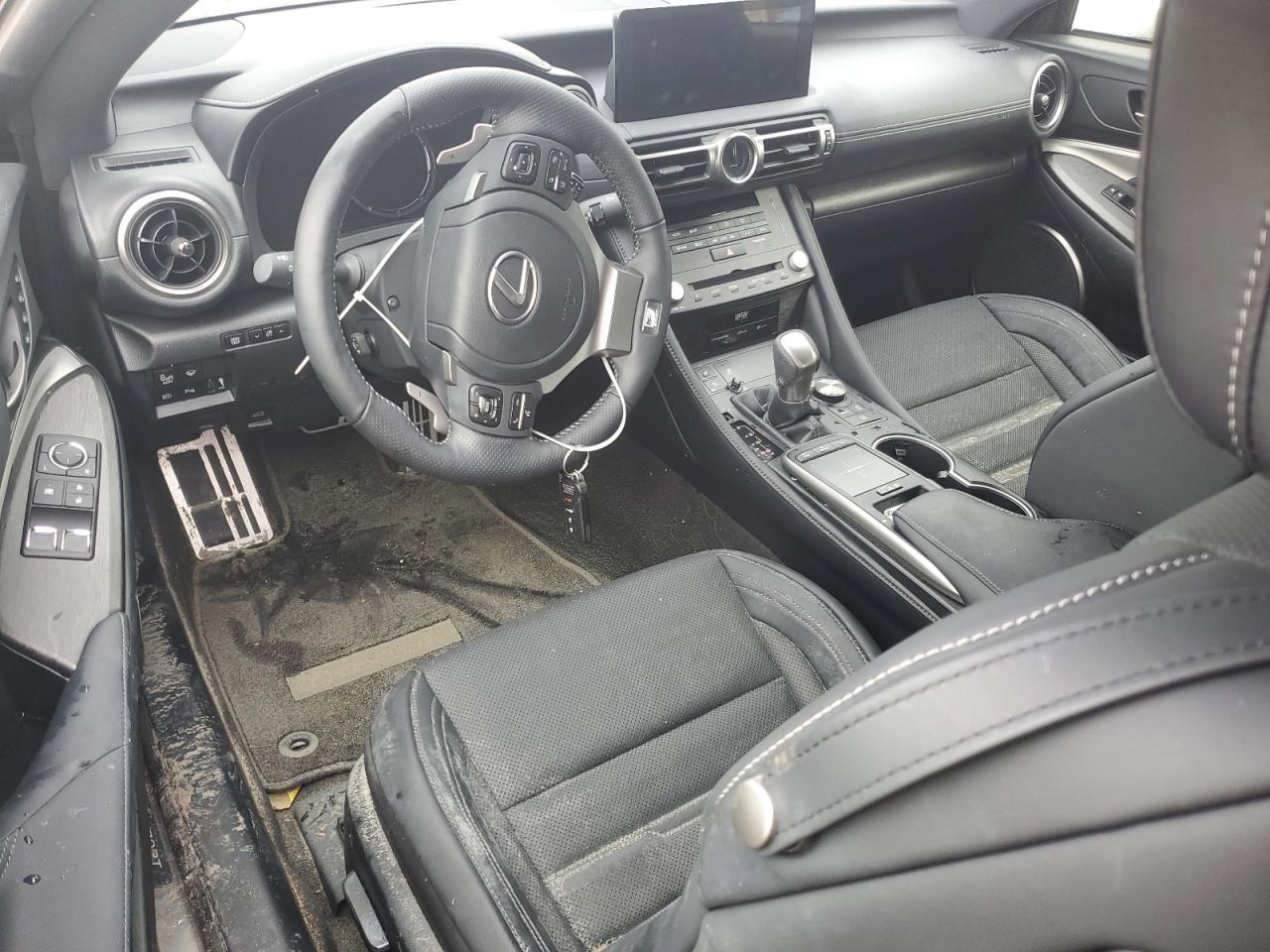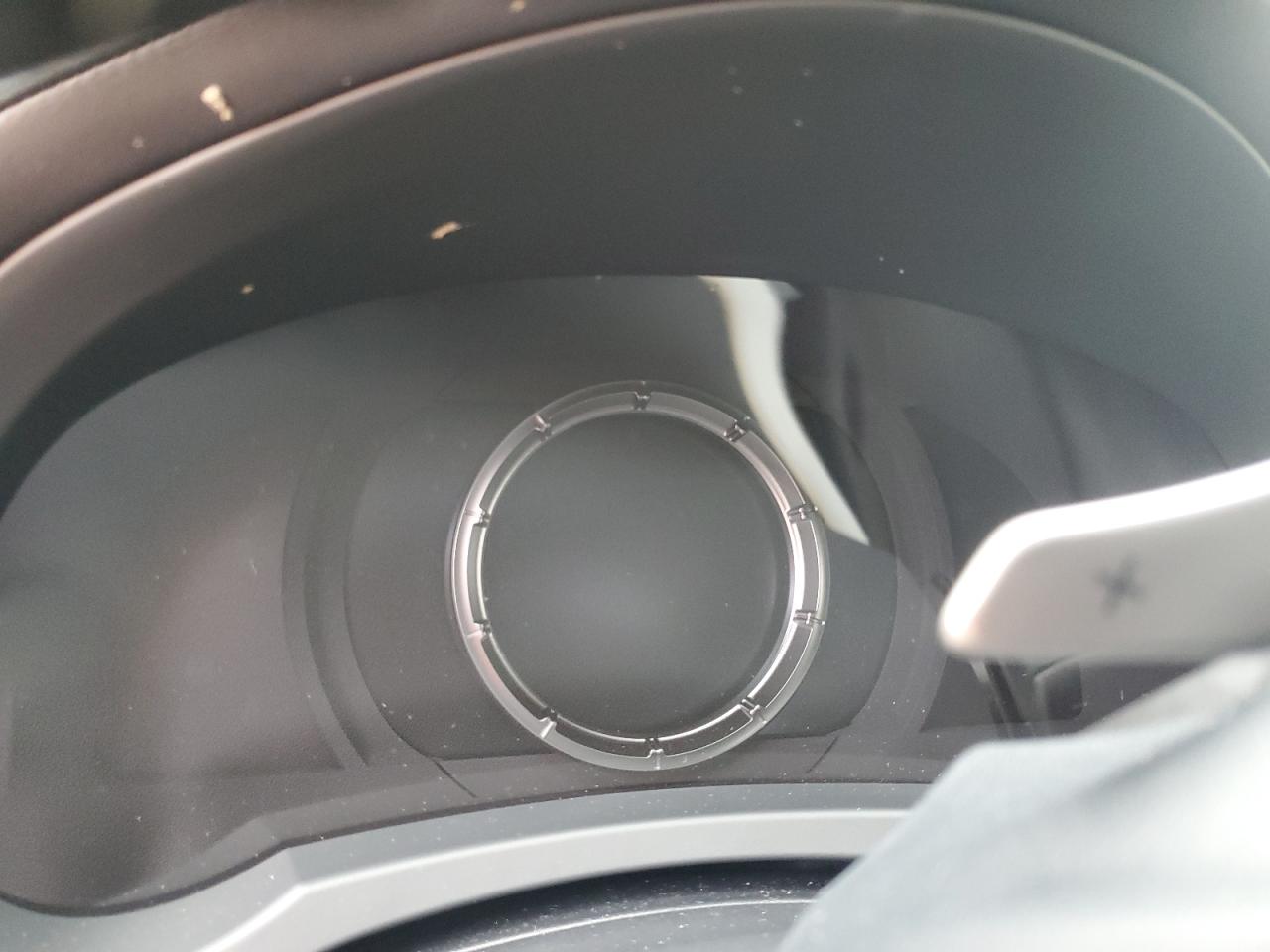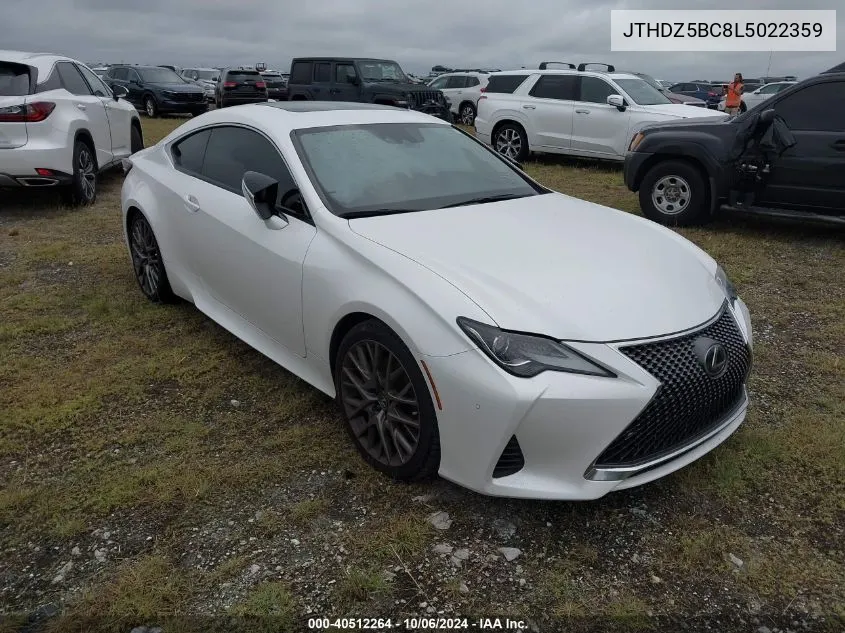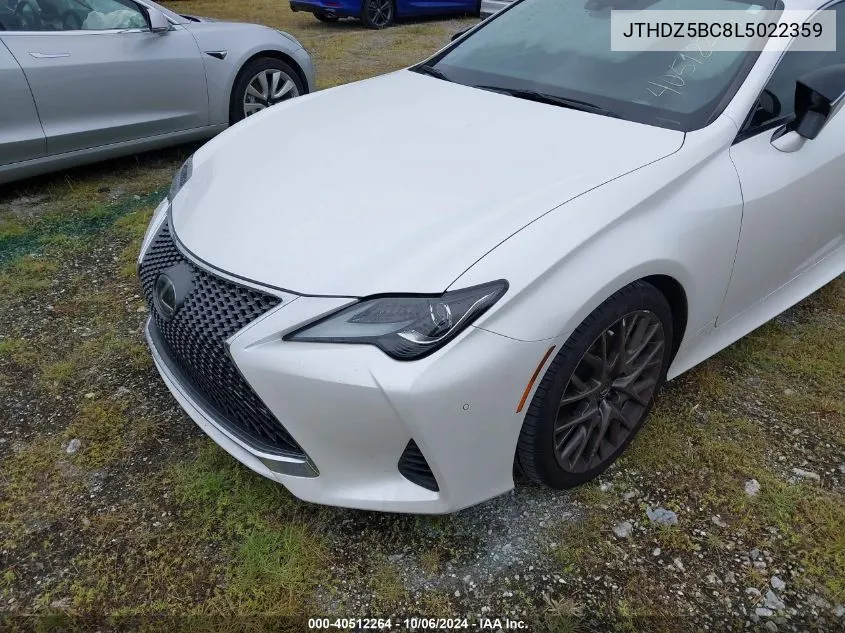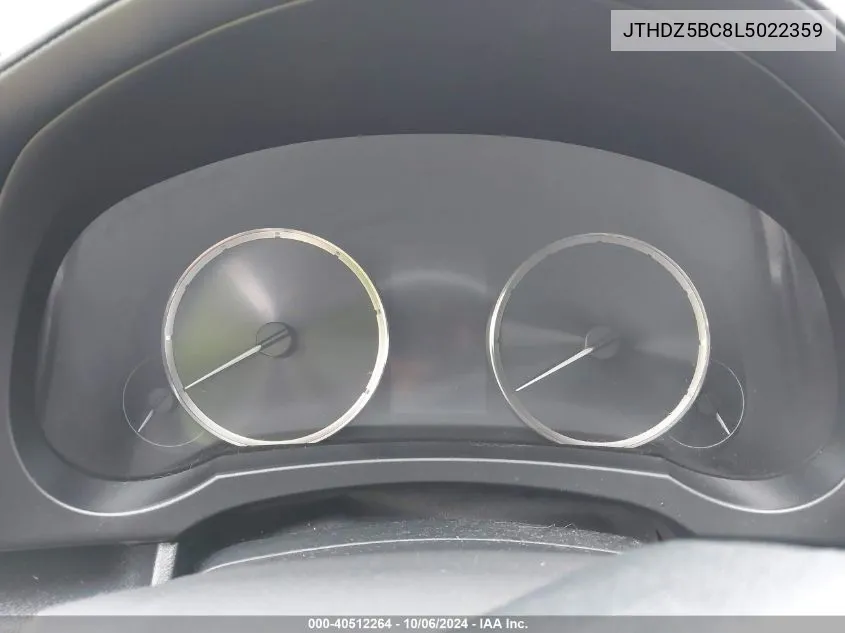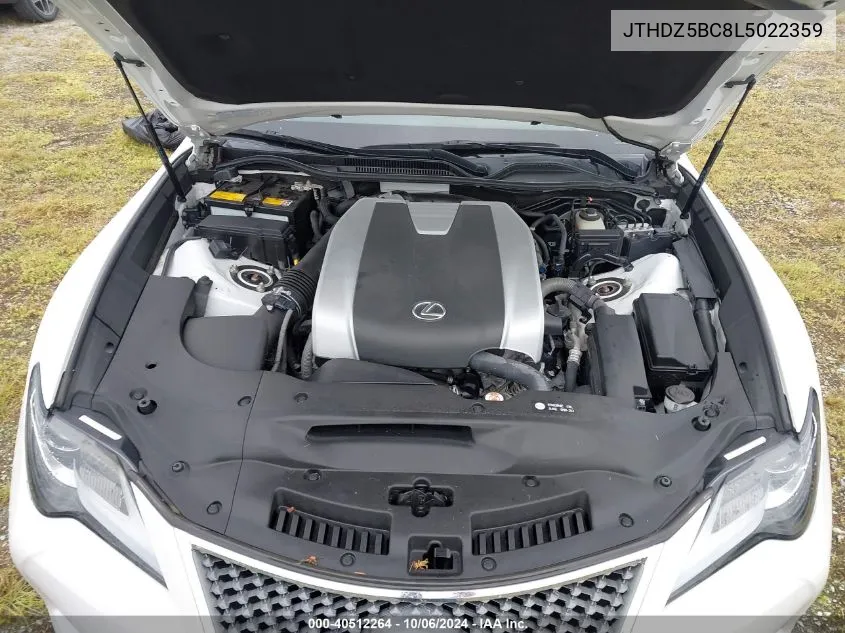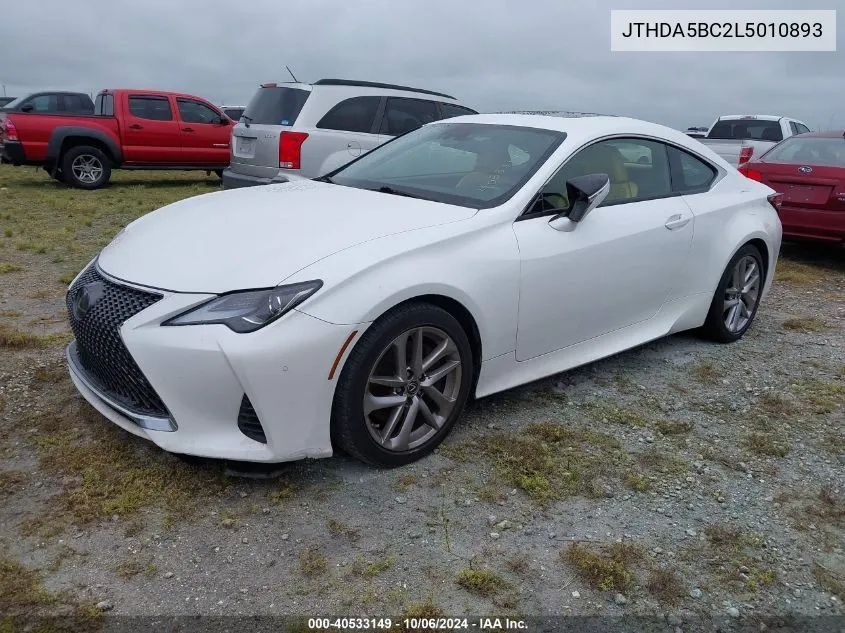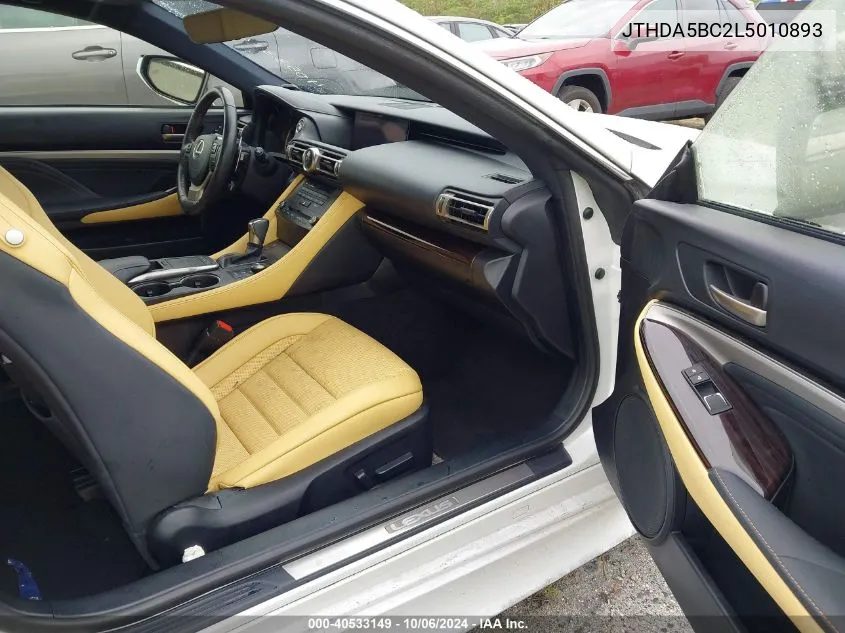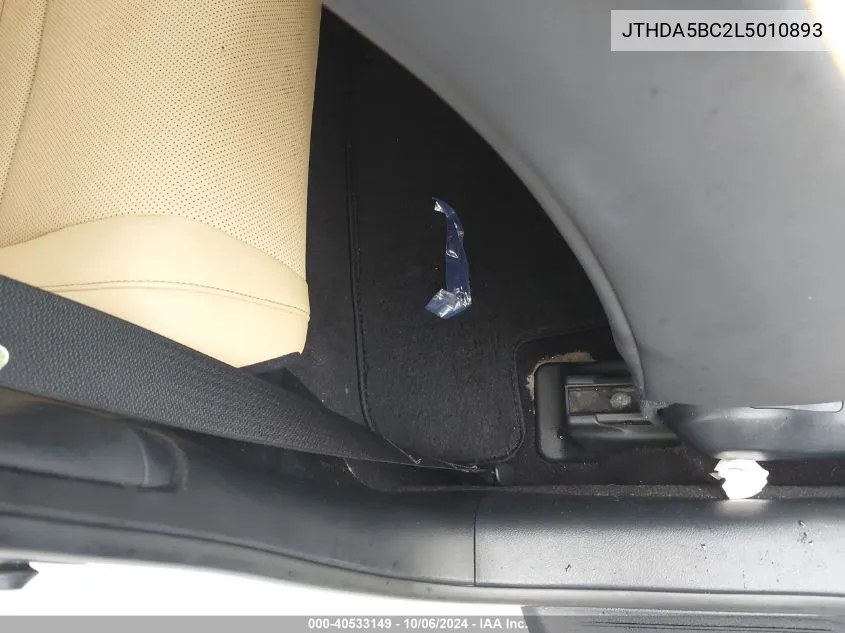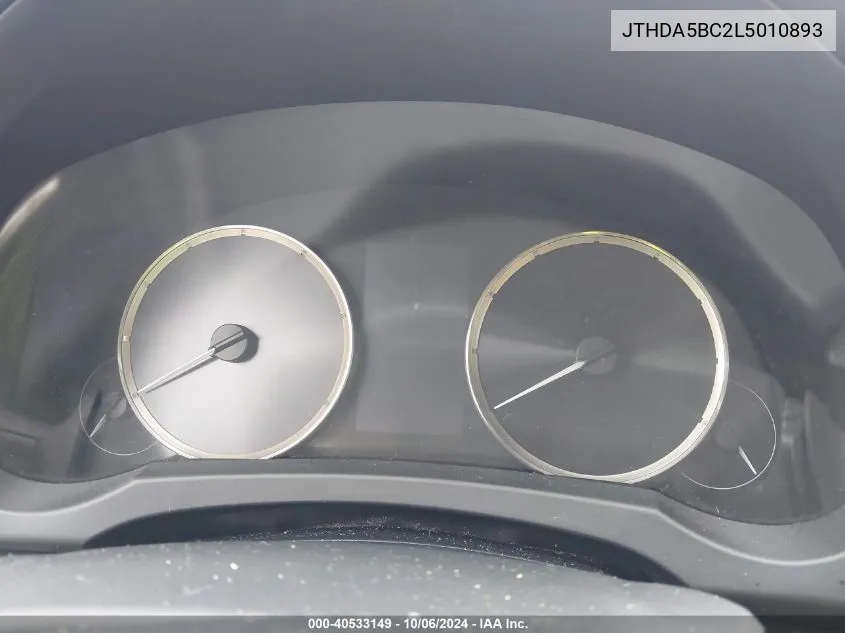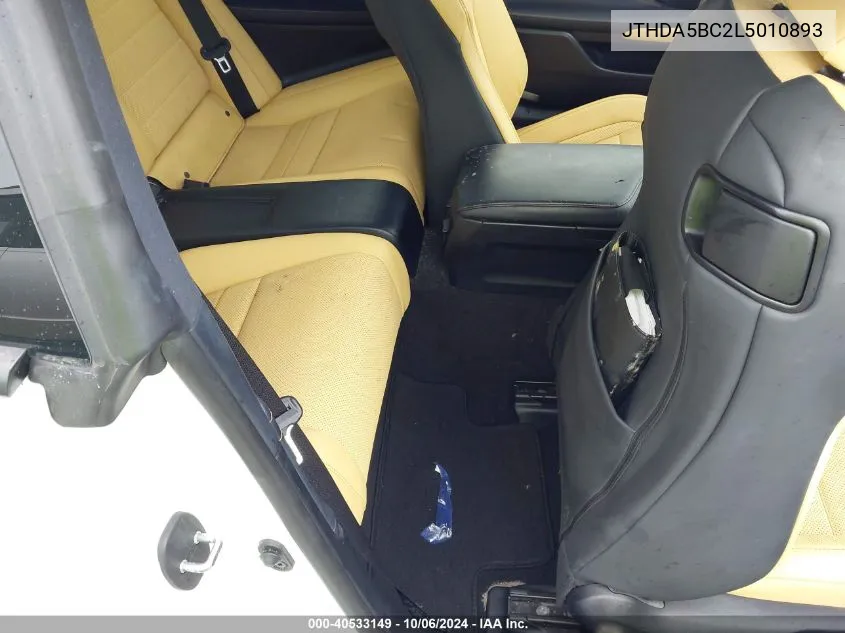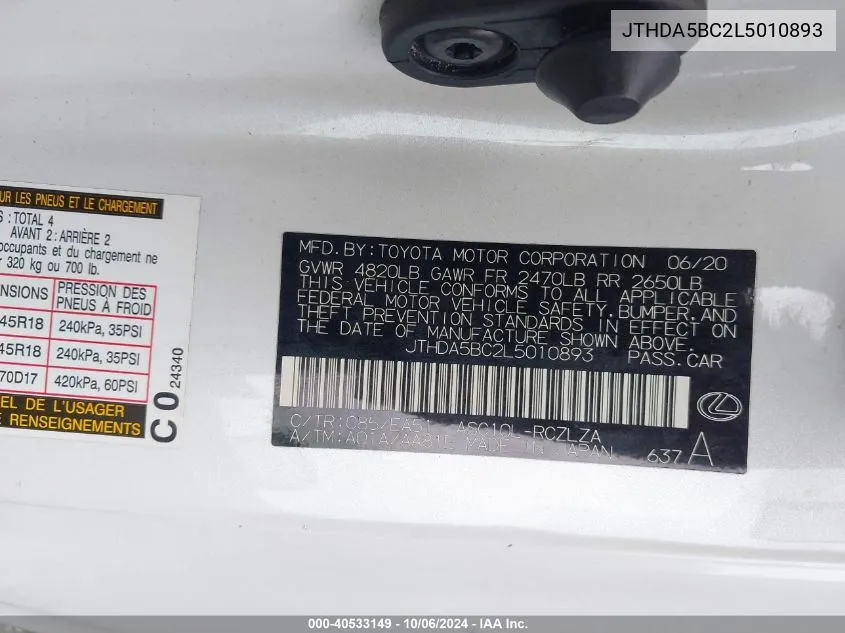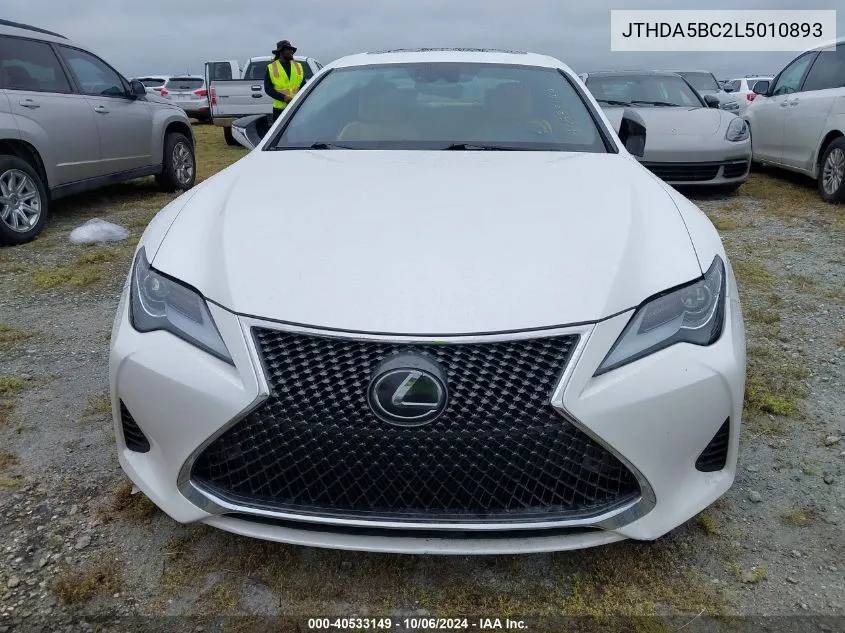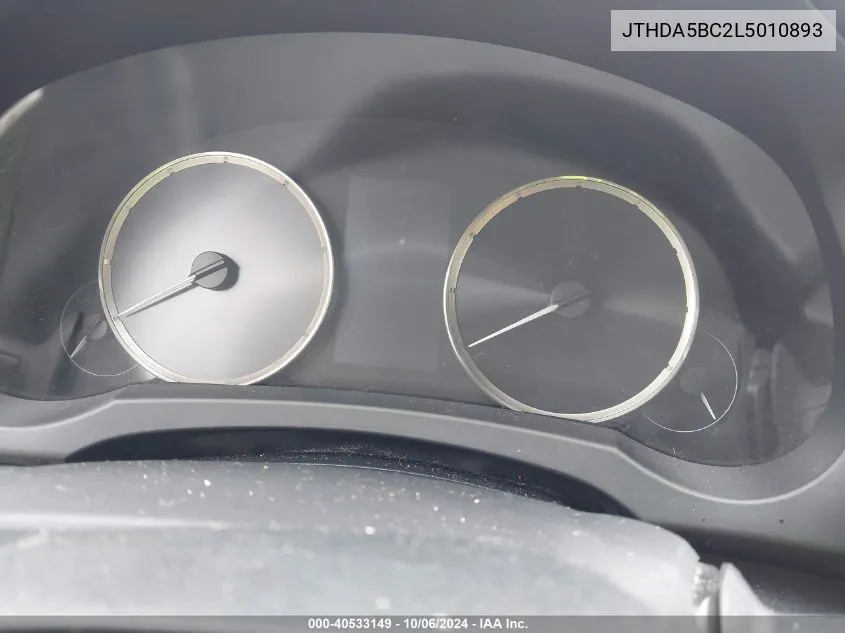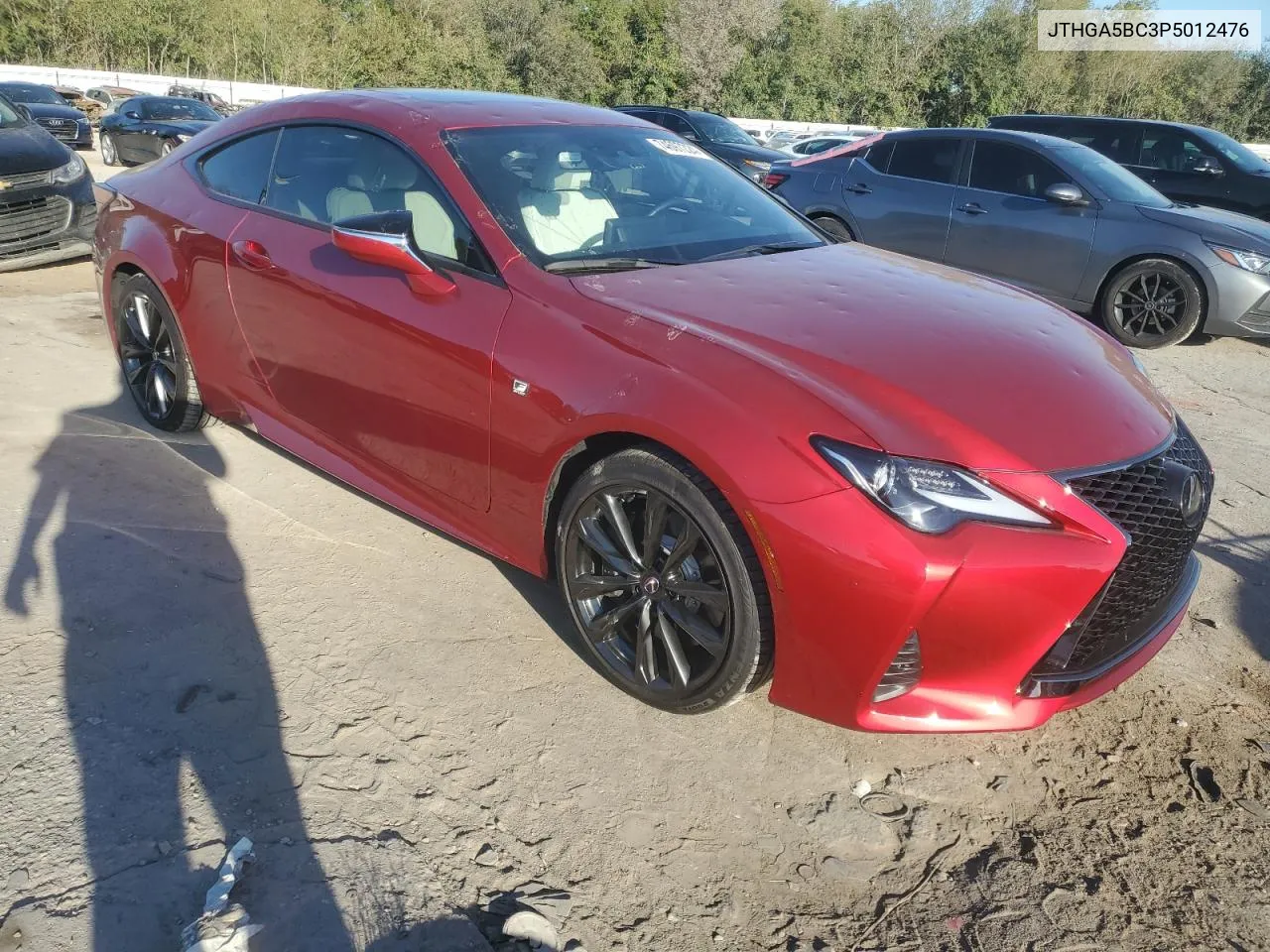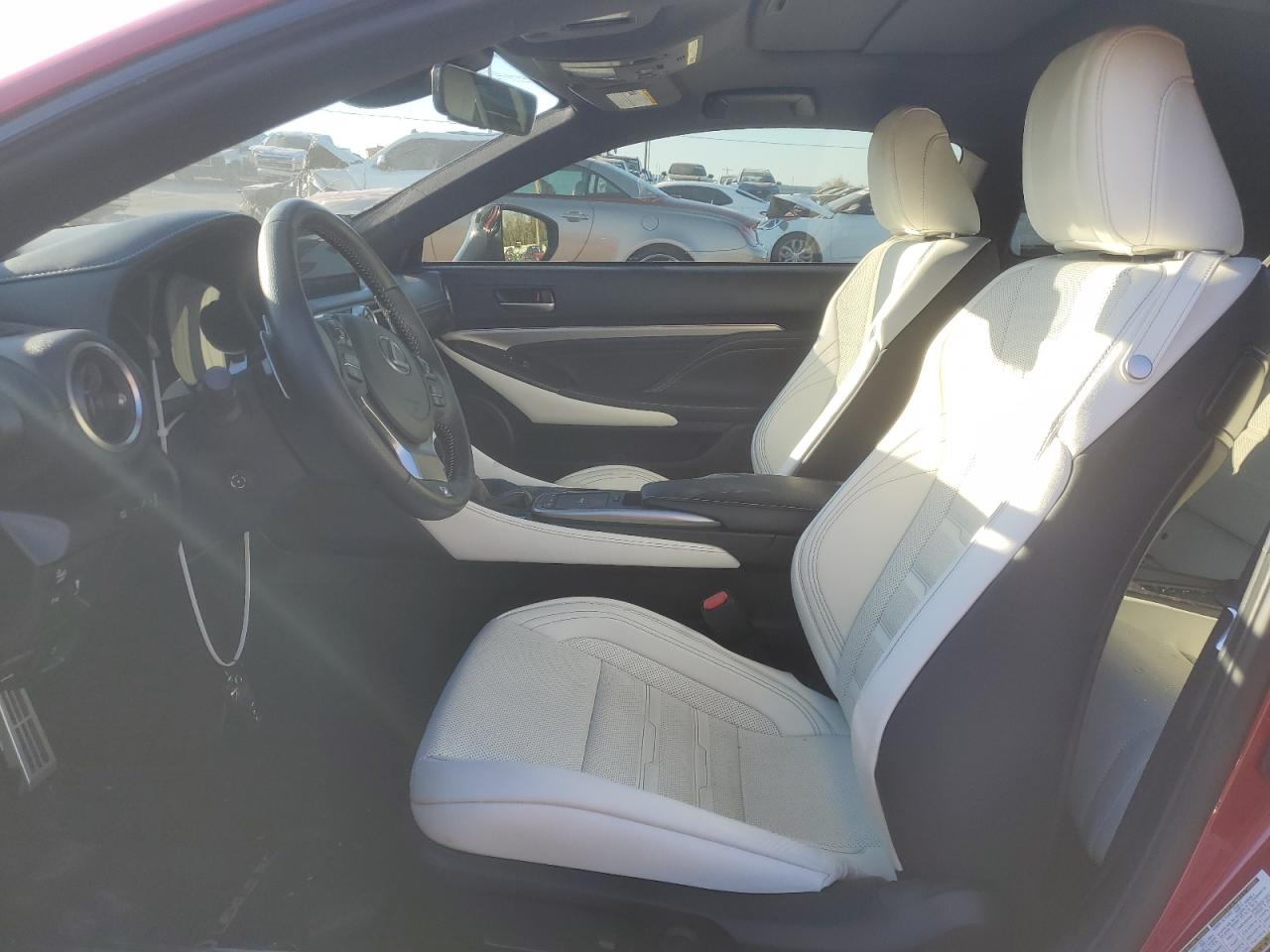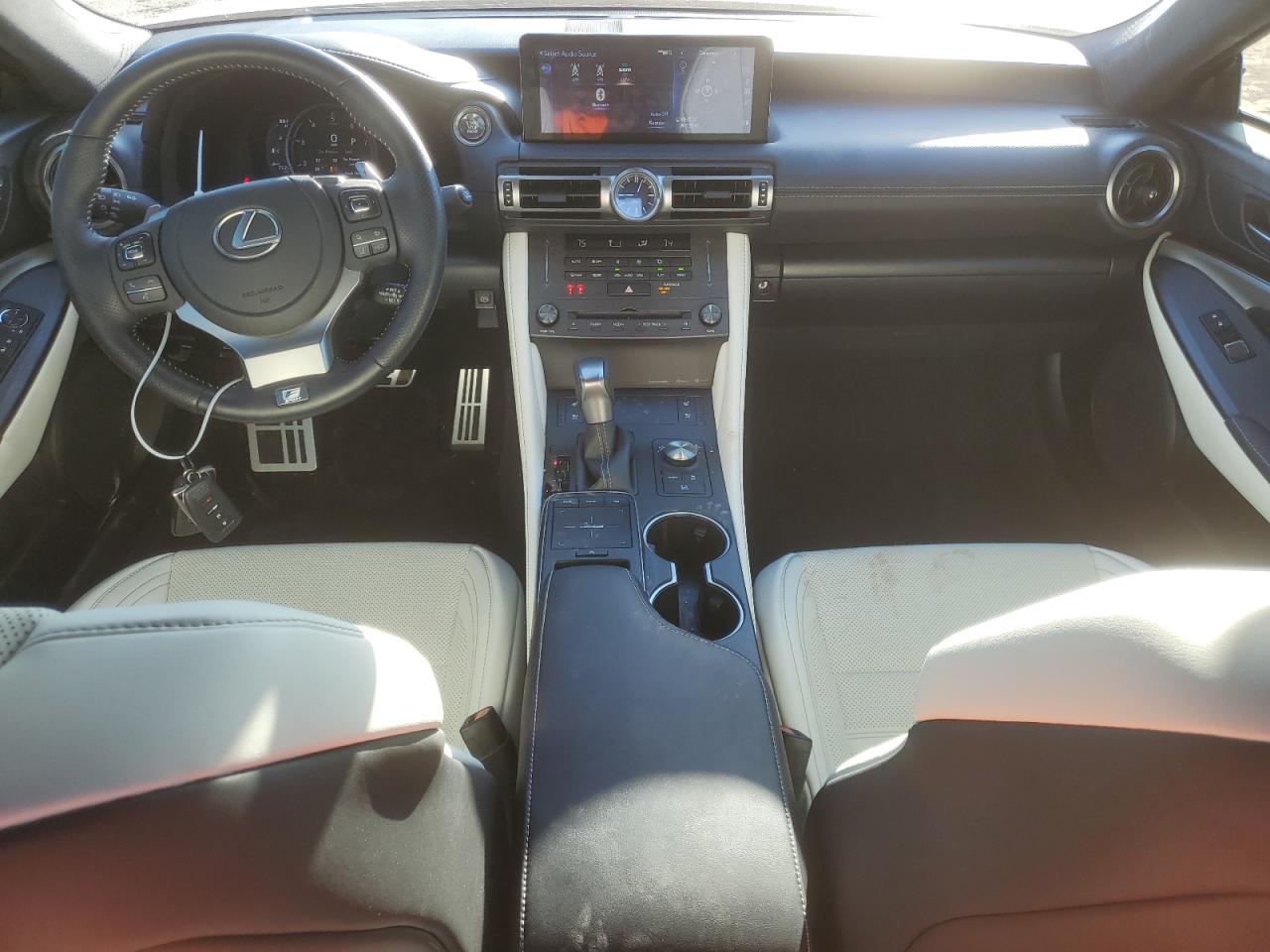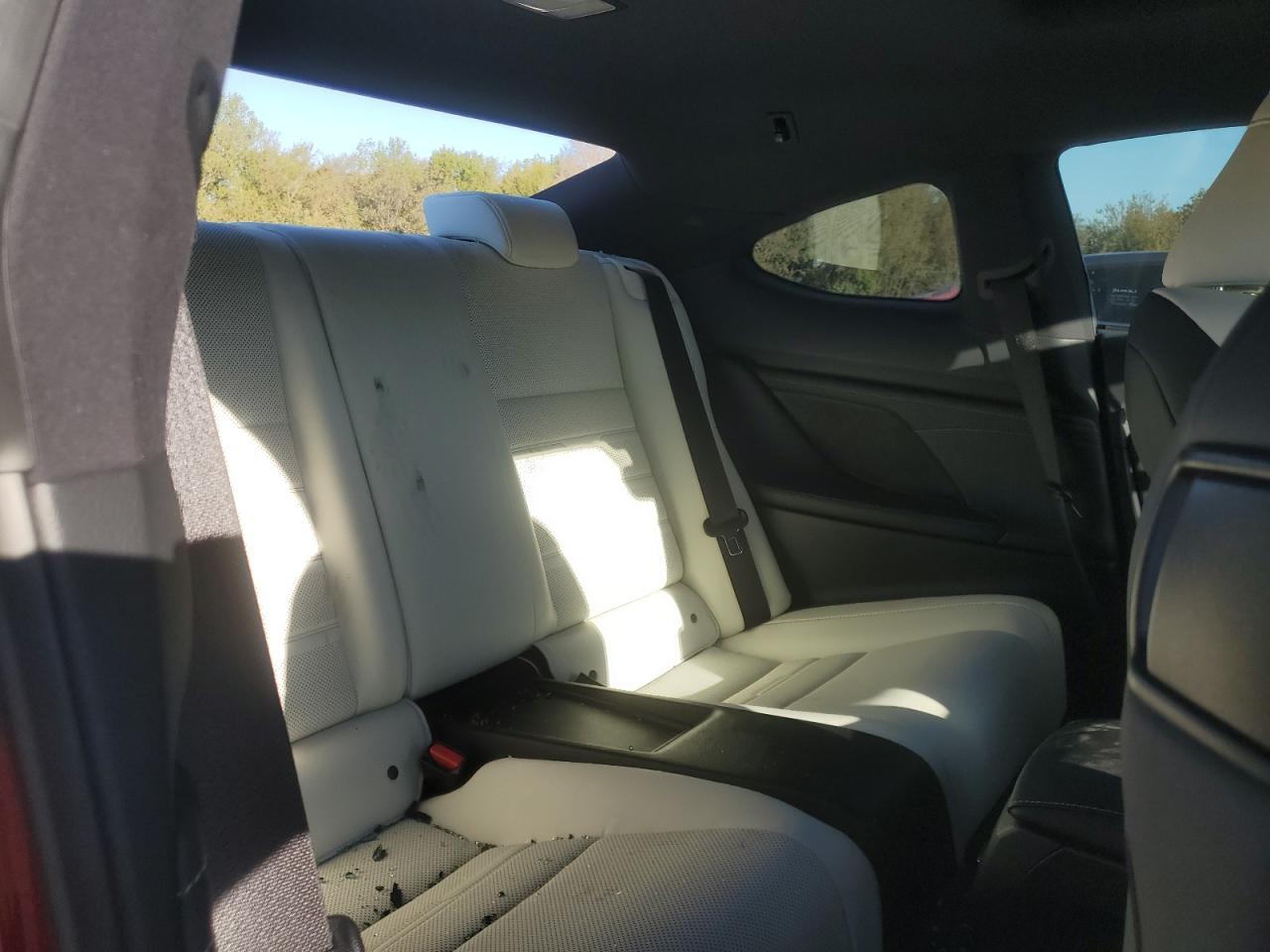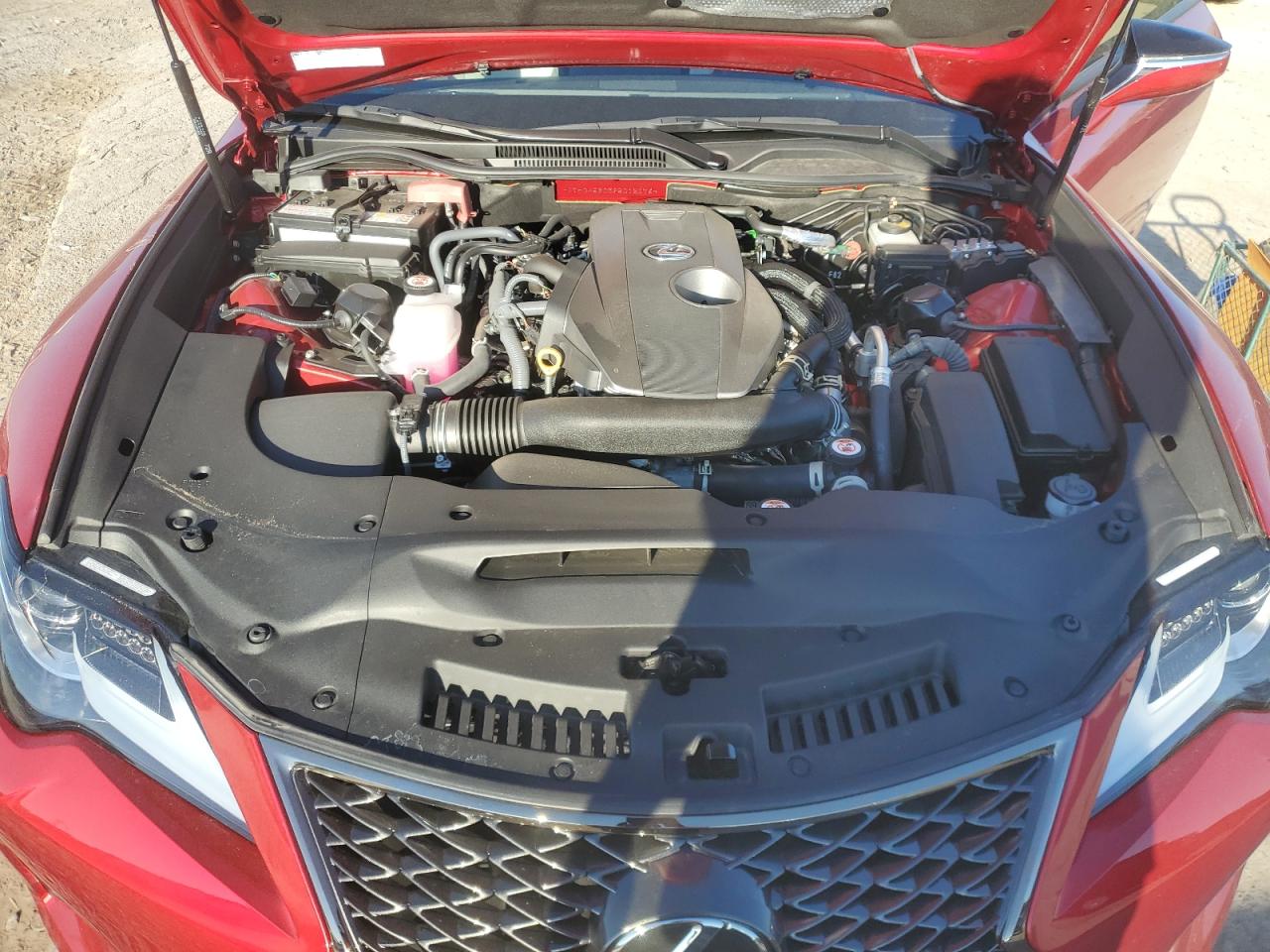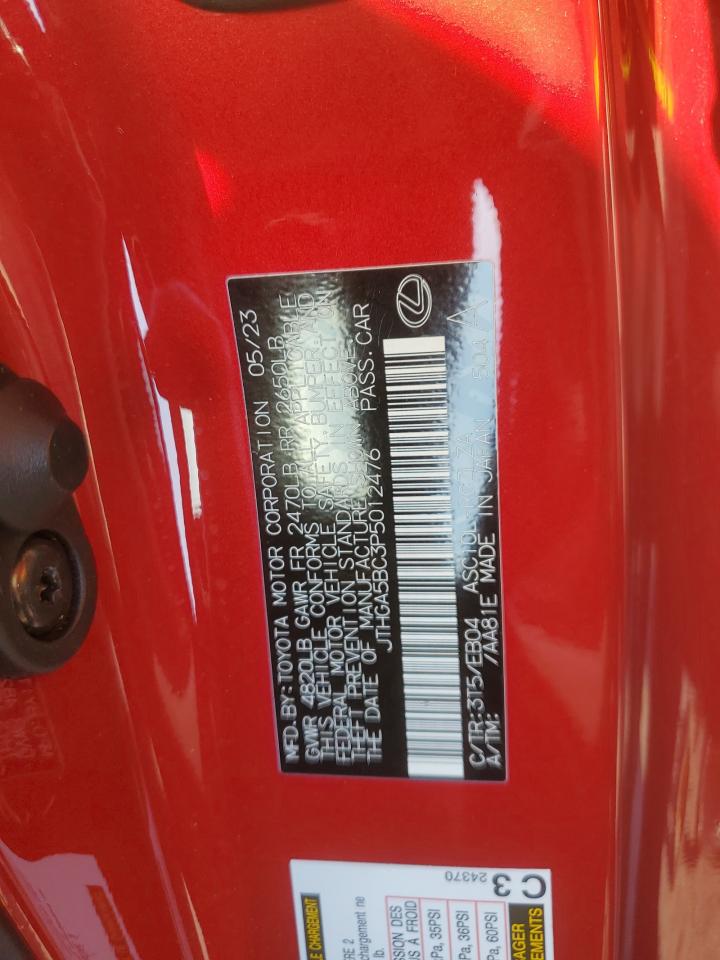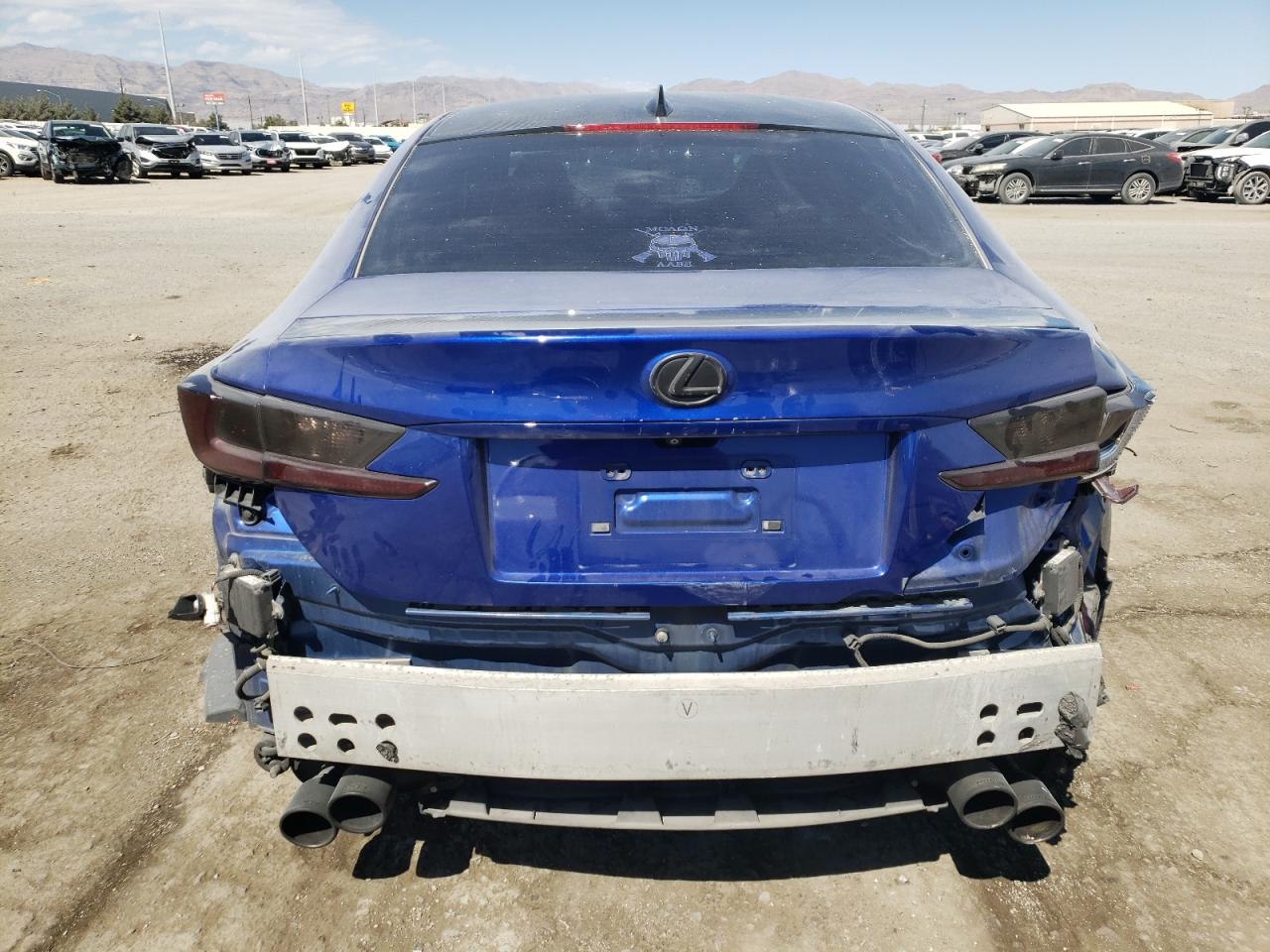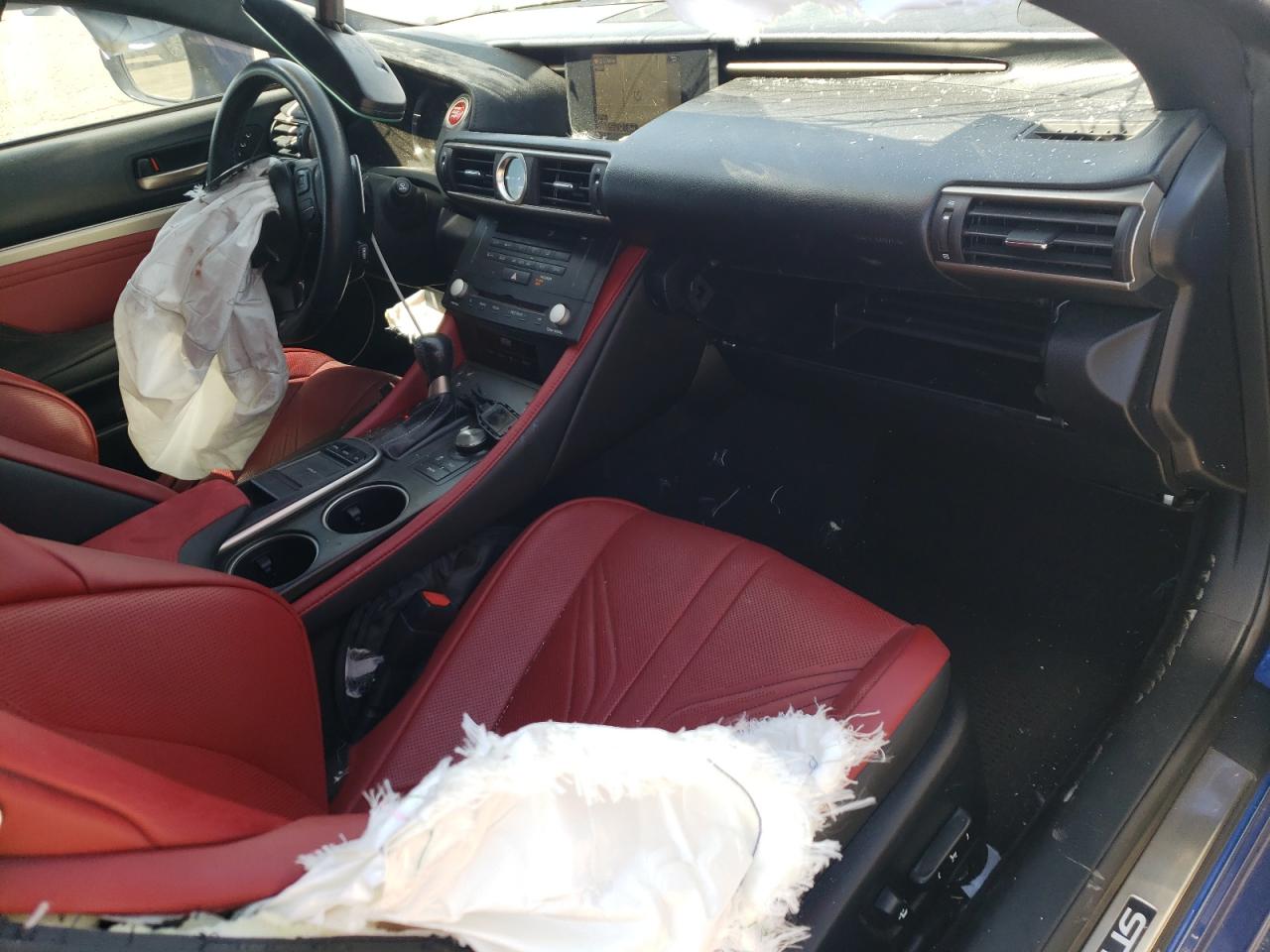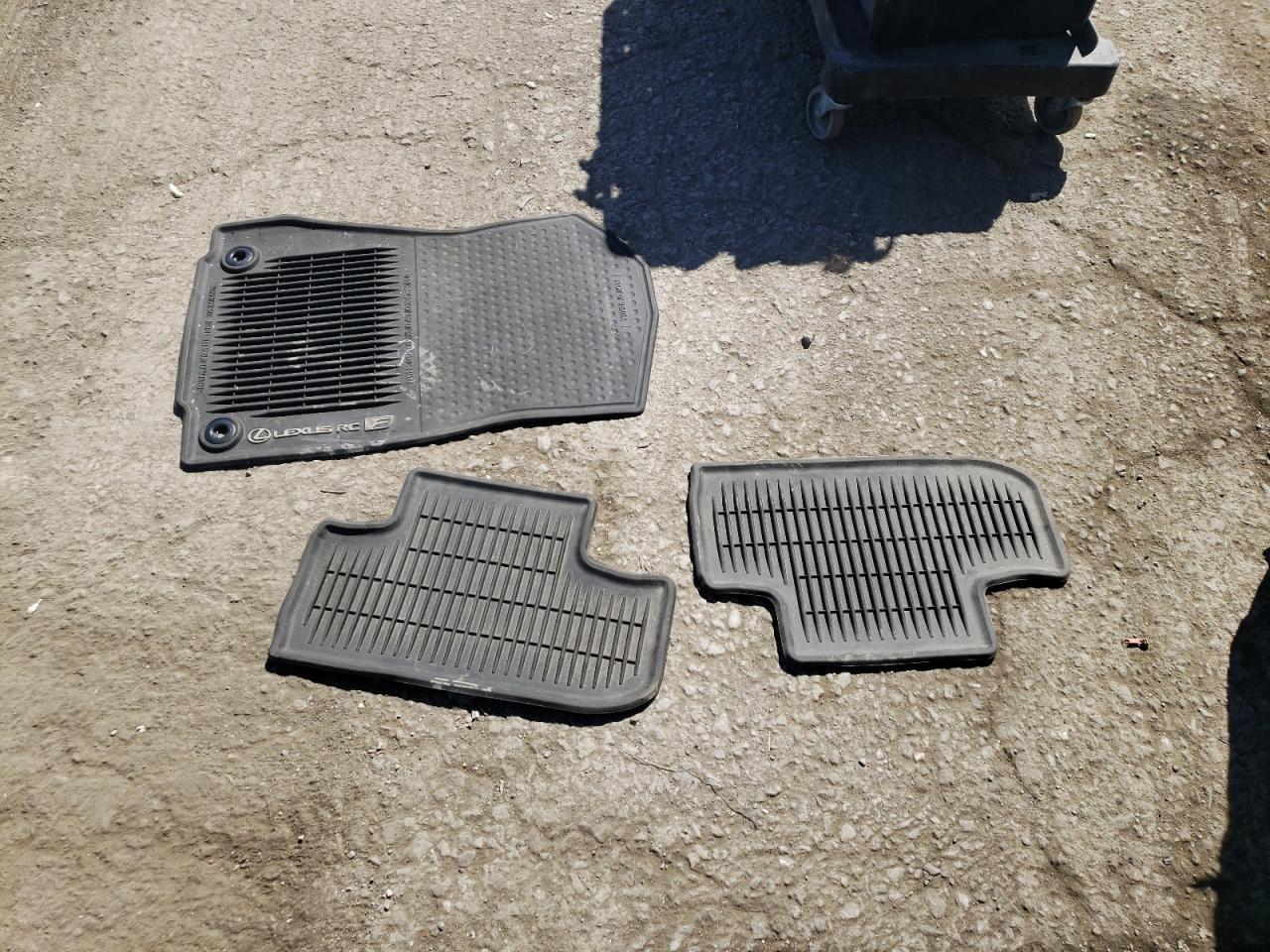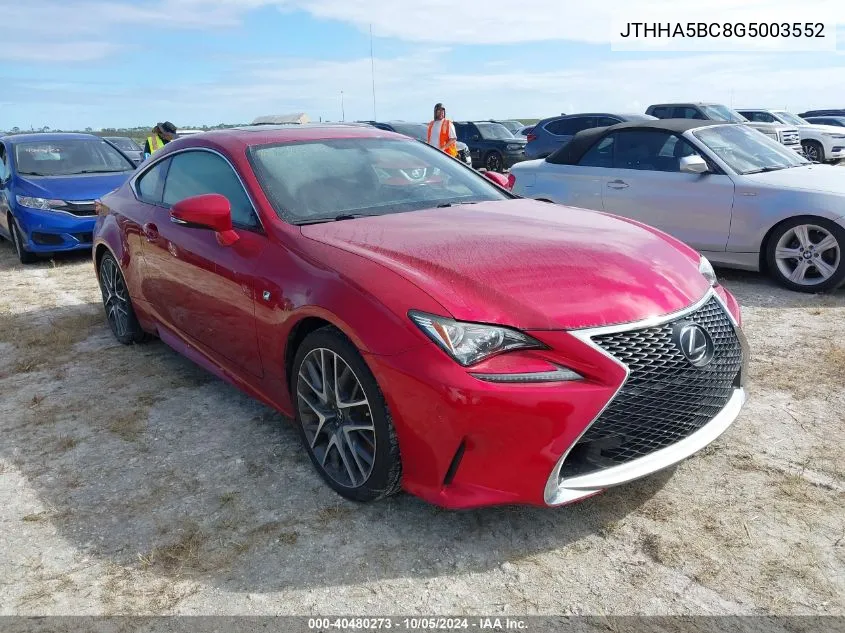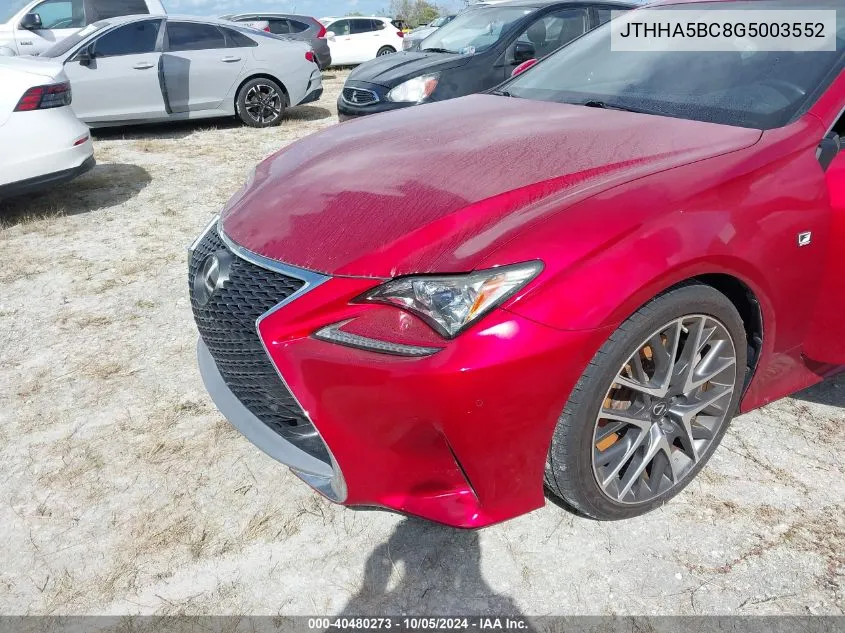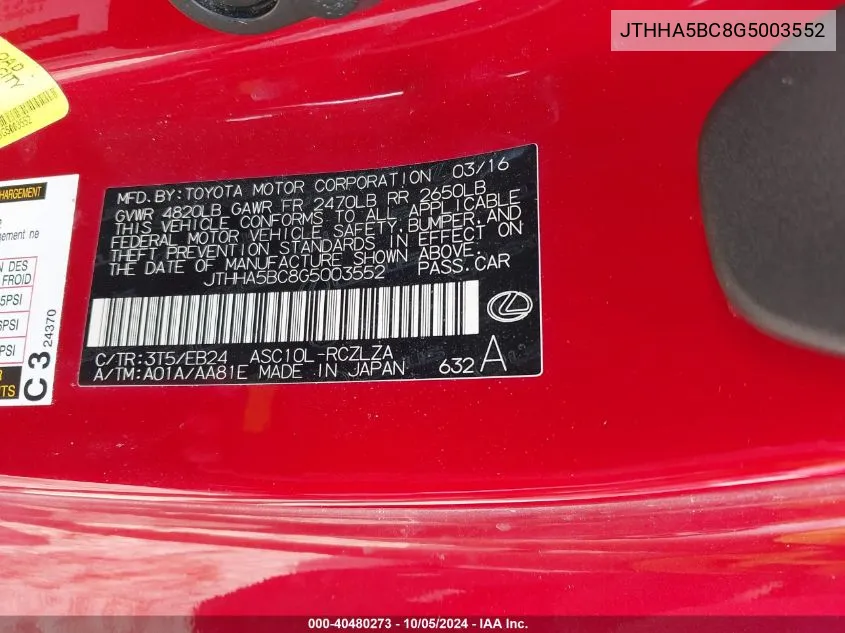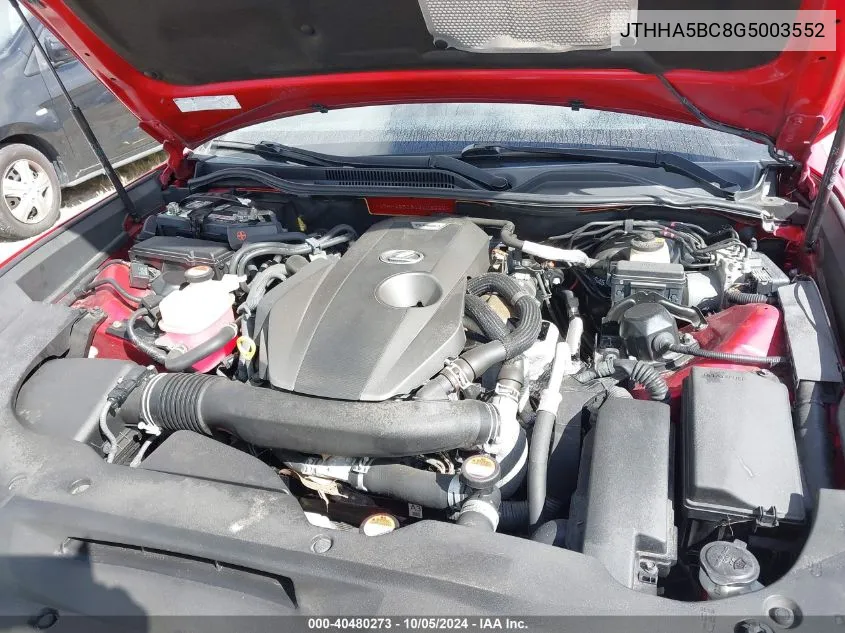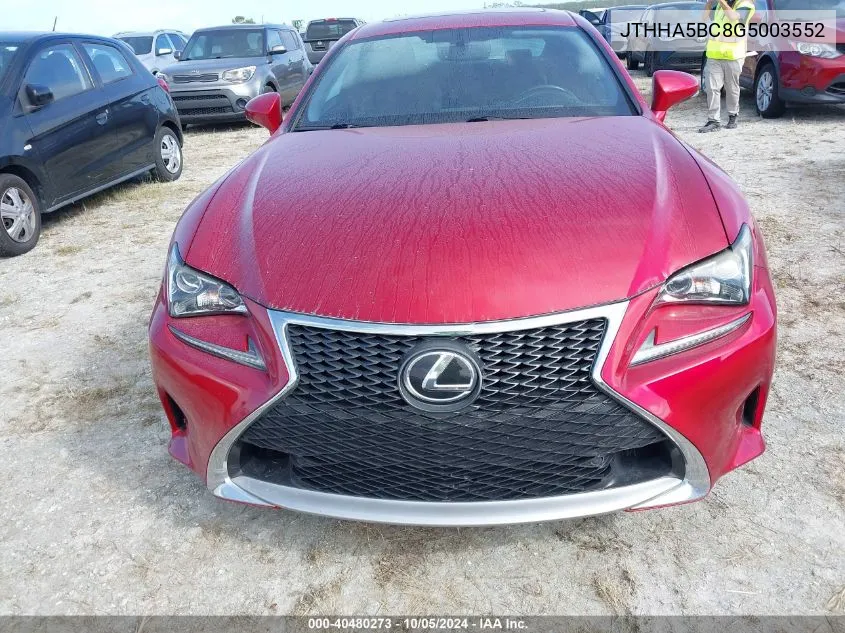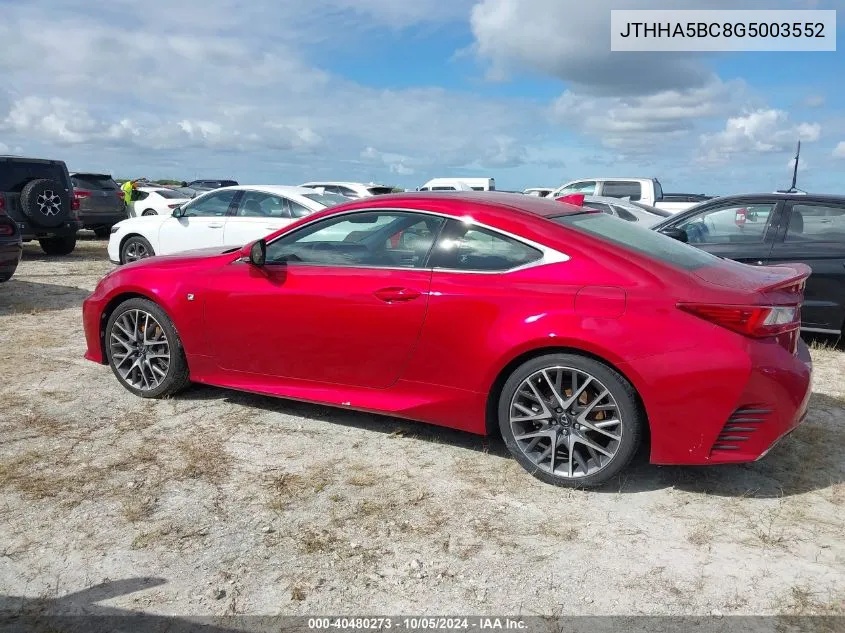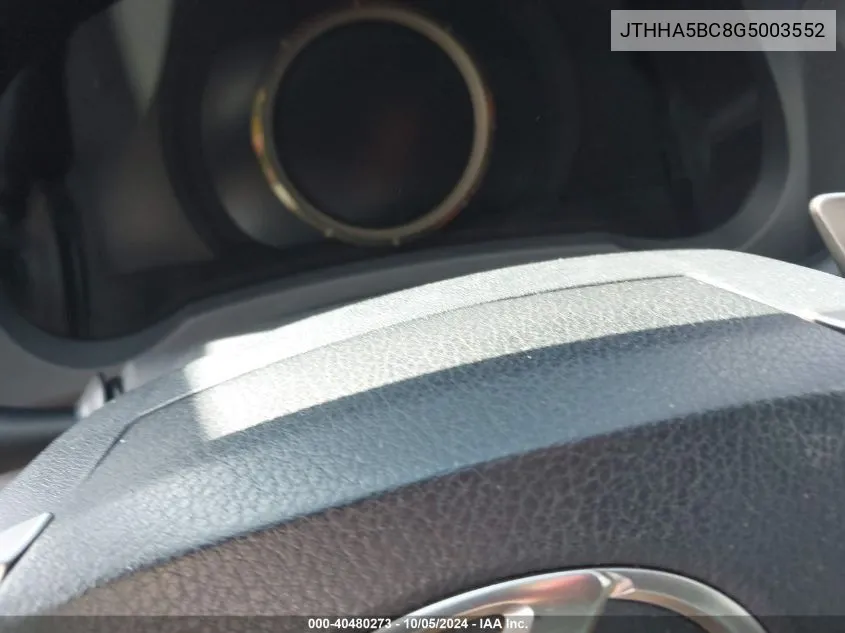Lexus RC (121)
2020 Lexus Rc 300
2021 Lexus Rc 350 F Sport
2015 Lexus Rc 350
2016 Lexus Rc 200T
2015 Lexus Rc 350
2019 Lexus Rc 350
2021 Lexus Rc 300
2019 Lexus Rc 300
2017 Lexus Rc 200T
2018 Lexus Rc 300
2023 Lexus Rc 350 Base
2020 Lexus Rc 350
2020 Lexus Rc 300
2023 Lexus Rc 300 Base
2015 Lexus Rc-F
2016 Lexus Rc 200T
The Lexus RC, produced by the premium car division of the Japanese company Toyota, has become one of the brightest representatives of the sports coupe class. Since its debut at the Tokyo Motor Show in 2013, this model has attracted attention not only with its spectacular design, but also with its high technical characteristics. Lexus RC was created for those who value a combination of luxury, comfort and dynamics in one car.
The model's history begins with the Lexus LF-CC concept, presented in 2012. This concept foreshadowed the appearance of the production version of the Lexus RC, which went into production in 2014. Throughout its history, the model has undergone several updates, including design changes, engine improvements, and the addition of new technologies.
The Lexus RC lineup includes a variety of versions, including the RC 300, RC 350, and RC F. Each version offers its own unique set of features and is designed to appeal to different types of car enthusiasts. The RC 300 and RC 350 are aimed at those looking for a balance between performance and comfort, while the RC F offers maximum power and sporty capabilities.
When it comes to exterior colors , the Lexus RC offers a wide range of shades, from classic black and white to bright and bold blues and reds. Each color highlights the car's elegant lines and aggressive design elements.
Over the years since its introduction in 2014, the Lexus RC has managed to gain a significant number of fans around the world. However, information on exactly how many cars have been sold during this time often varies. Some years have been more successful in terms of sales than others, which is explained by various factors such as economic conditions and market competitiveness.
The most successful and problematic versions of the model also arouse interest among car enthusiasts. Certain modifications, such as the RC F, were especially popular due to their powerful engines and aggressive design. However, there were also versions that encountered technical problems, which affected their reputation and demand on the market.
In this article, we'll take a closer look at each of these aspects to give you a complete picture of the Lexus RC and its evolution over the years.
History of the Lexus RC Model: Development and Evolution
The Lexus RC debuted in 2014 as part of the premium Lexus brand, a subsidiary of Toyota. The RC abbreviation stands for "Radical Coupe", which emphasizes the sporty and dynamic character of the car. The main goal of creating the RC was to offer a stylish and powerful coupe that could compete with similar models from European manufacturers.
The first generation of the Lexus RC was presented in several modifications, including the RC 200t, RC 300, RC 350 and RC F. Each of them was distinguished by its engine and technical characteristics, satisfying the needs of different categories of buyers. The RC F, in particular, became the flagship of the line, equipped with a 5.0-liter V8 engine that developed a power of more than 470 horsepower.
Evolution of the model
Over the course of its existence, the Lexus RC model has undergone a number of changes and improvements aimed at increasing comfort, performance and safety.
- 2014: The RC debuts at the Tokyo Motor Show. Sales begin with the RC 350 with a 3.5-liter V6 and the RC F with a 5.0-liter V8.
- 2015: Introduction of the RC 200t version with a 2.0-liter turbocharged engine, which was later renamed the RC 300.
- 2018: Updated front end design, improved aerodynamics and introduction of new safety technologies.
- 2020: Launch of the limited edition RC F Track Edition, focused on racing performance, using carbon fiber parts to reduce weight and improve handling.
The Lexus RC color range has also expanded and updated over the years, offering customers both classic and vibrant, modern hues. Popular colors include Ultra White , Atomic Silver , Infrared , and F Sport Blue .
Over the years of production, the RC model has become recognizable and in demand in the premium car market. The total number of units sold indicates high interest and trust from buyers. The most successful models were the RC 350 and RC F versions, while the most problematic examples were associated with early releases of turbocharged engines that required modifications.
The history of the Lexus RC model continues, with each new release demonstrating the brand's commitment to excellence, innovation and customer satisfaction.
RC Mods: Variants and Features
The Lexus RC line includes several models, each with unique characteristics and designed for different types of drivers. These models offer a variety of engine options, chassis settings, and equipment levels, allowing you to choose a car for different preferences and operating conditions.
Since its debut in 2014, the RC range has undergone many changes and updates, which have improved performance, comfort and safety. Below we look at the main modifications presented on the market, their key features and differences.
Main Modifications
- RC 200t / RC 300 : Powered by a 2.0-liter turbocharged engine that delivers decent power and economy, this model is the entry-level model in the RC lineup and is great for those looking for a balance between performance and fuel economy.
- RC 350 : Model with 3.5-liter V6 engine, offering higher performance and dynamics. This variant is suitable for drivers who need additional power and sporty characteristics.
- RC F : The most powerful modification, equipped with a 5.0-liter V8 engine. This is a real sports car in the RC line, designed for enthusiasts who value high speeds and excellent dynamic characteristics. RC F also features an aggressive design and improved aerodynamics.
- RC 300h : A hybrid version that combines a petrol engine and an electric motor, providing high fuel efficiency and low emissions. This option appeals to eco-conscious and fuel-saving drivers.
Each of these modifications offers its own unique advantages, which makes the Lexus RC model range diverse and able to satisfy the needs of a wide range of customers. Depending on the chosen modification, owners can enjoy both a calm and comfortable ride and a real sporty drive.
Color Palette: Popular and Rare Colors
The Lexus RC has been offered in a variety of colors since its debut in 2014, allowing owners to choose a car that suits their individual preferences. Each year, Lexus updates the color palette, adding new shades and removing less popular ones.
Some colors become cult among owners and fans of the brand, while others, less popular, quickly disappear from the production line. Let's consider which colors turned out to be the most popular, and which ones have become rare on the roads.
Popular colors
Among the popular colors that have become real hits among Lexus RC owners, the following can be highlighted:
- Eminent White Pearl is one of the most popular colours, highlighting the elegance and style of the car.
- Black Onyx (Obsidian) is a classic color that gives the car an aggressive and prestigious look.
- Red matte (Infrared) is a bright and dynamic shade that attracts attention on the road.
- Ultrasonic Blue Mica is a rich colour that emphasises the sporty character of the model.
Rare colors
There are also colors that are much less common, but still have their own uniqueness and attractiveness:
- Emerald Green (Caviar) is an unusual and luxurious shade that is rarely ordered, but it gives the car a unique charm.
- Purple metallic (Matador Red Mica) is a rare color chosen by true connoisseurs of exclusivity.
- Smoky gray (Nebula Gray Pearl) is a shade that, although rare, emphasizes the solidity and sophistication of the model.
The Lexus RC color palette is constantly updated, and the company tries to take into account the opinions and wishes of its customers, offering both classic and experimental shades. This allows each owner to find their ideal color and stand out on the road.
Years of Production and Sales: Successes and Problems
The Lexus RC, first introduced in 2014, immediately attracted the attention of car enthusiasts with its elegant design and powerful performance. Over the years, the model has undergone several changes and modifications aimed at improving performance and comfort.
However, like any other model, the Lexus RC faced various challenges in the market that affected its sales and perception among buyers.
Years of release and key stages
- 2014: The model debuts on the market. Start of production and sales of the first modifications.
- 2017: Updated appearance and improved technical characteristics.
- 2020: Introduction of new technologies and security systems.
- 2023: Final restyling and addition of a hybrid version.
Sales and statistics
YearSales (units)
2014 | 15,000
2015 | 20,000
2016 | 18,000
2017 | 17,000
2018 | 16,000
2019 | 14,000
2020 | 13,000
2021 | 12,000
2022 | 11,000
2023 | 10,000
2014 | 15,000
2015 | 20,000
2016 | 18,000
2017 | 17,000
2018 | 16,000
2019 | 14,000
2020 | 13,000
2021 | 12,000
2022 | 11,000
2023 | 10,000
Successes and problems
- Successes: The model was well received thanks to its design and high build quality. The presentation of the hybrid version in 2023 was also a significant step forward.
- Problems: The gradual decline in sales may be due to increased competition and changes in the premium car market. Some owners have also reported electronic problems in early models.
Overall, the Lexus RC has performed well in the market, although it has faced some challenges. Updates and modifications introduced by the company have helped maintain interest in the model and improve its technical characteristics. Despite the decline in sales in recent years, the Lexus RC remains a significant and recognizable model in the brand's lineup.






































